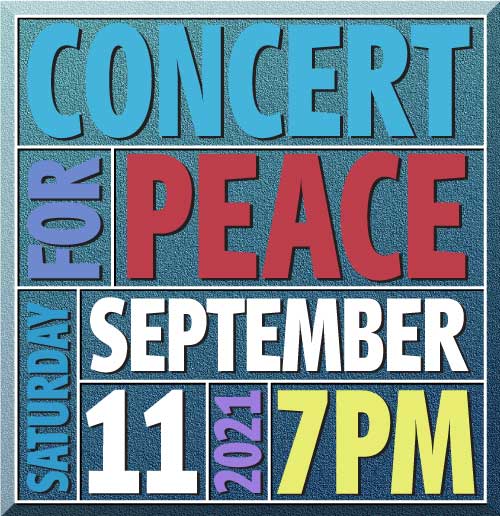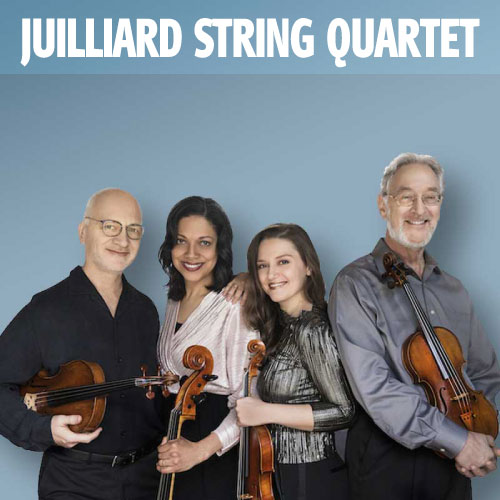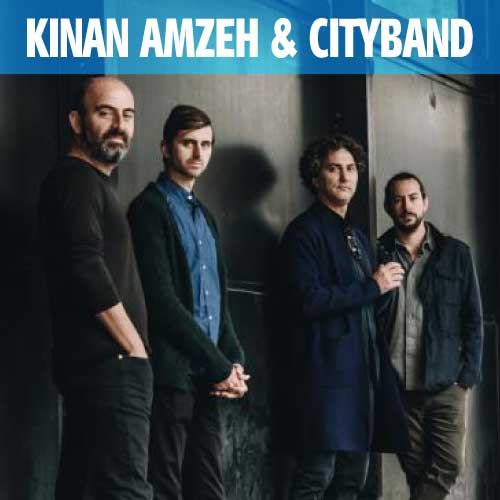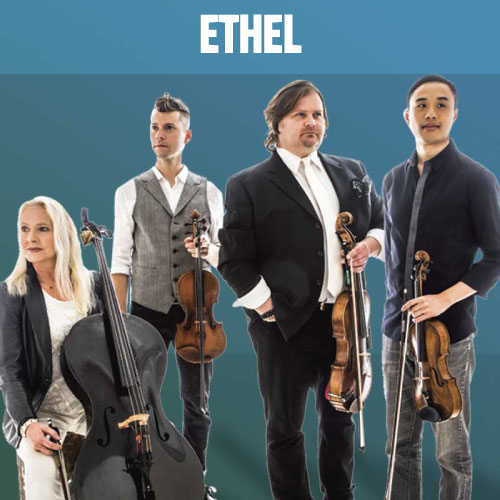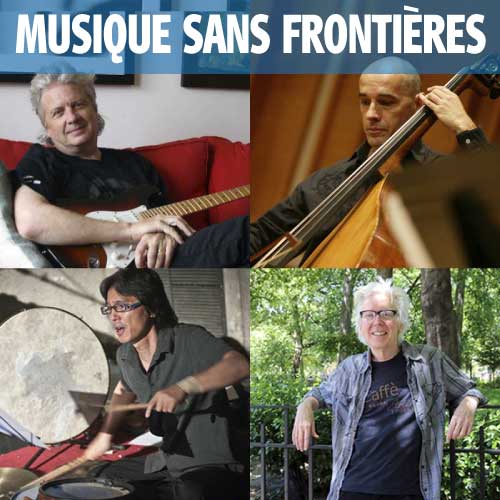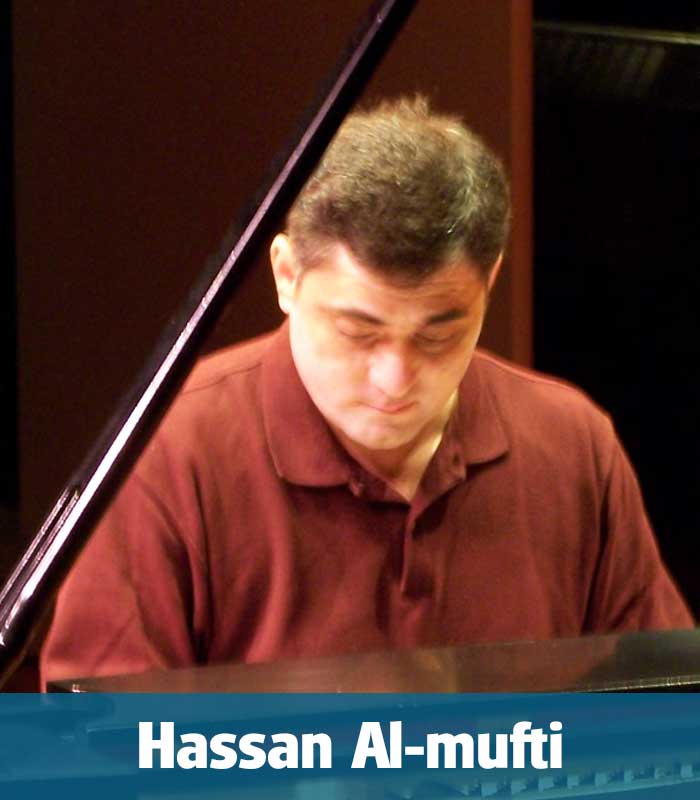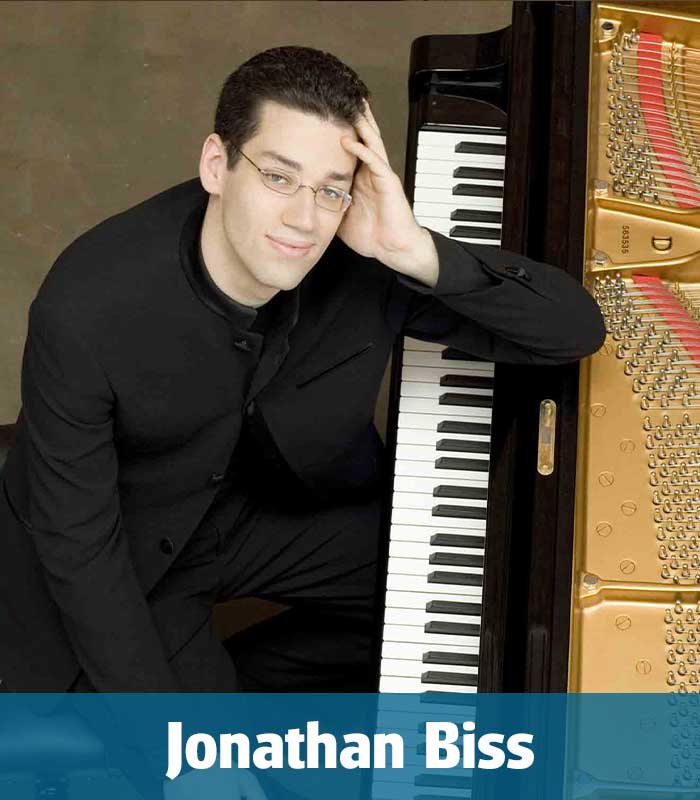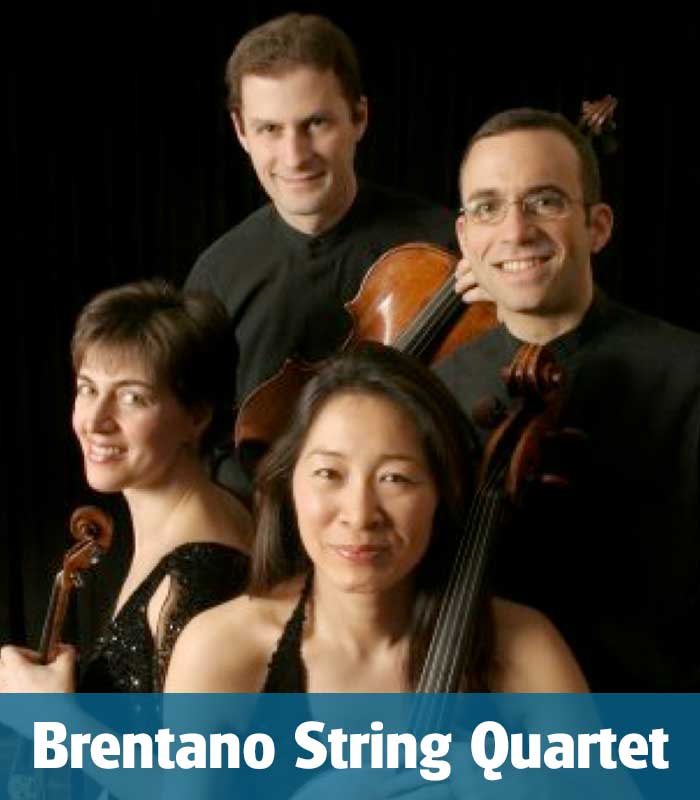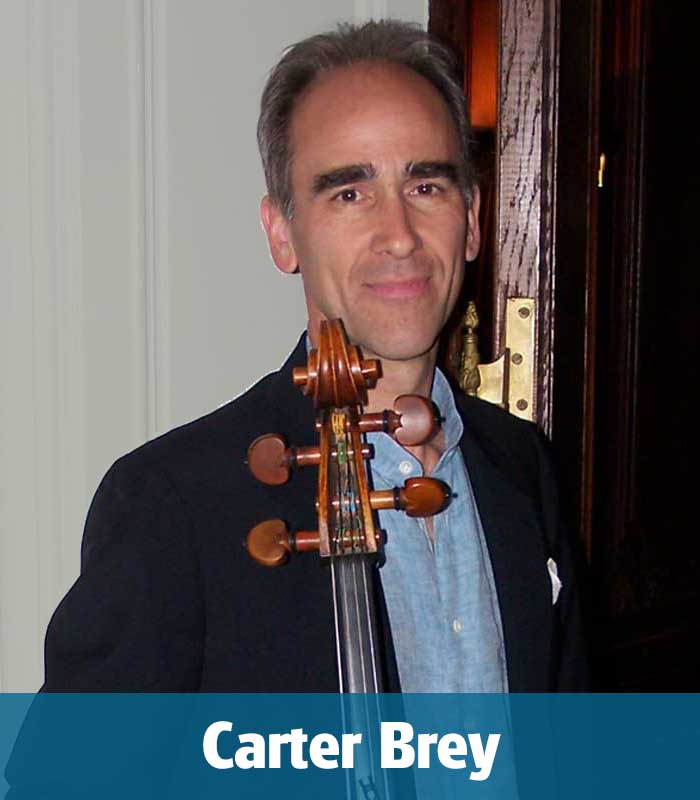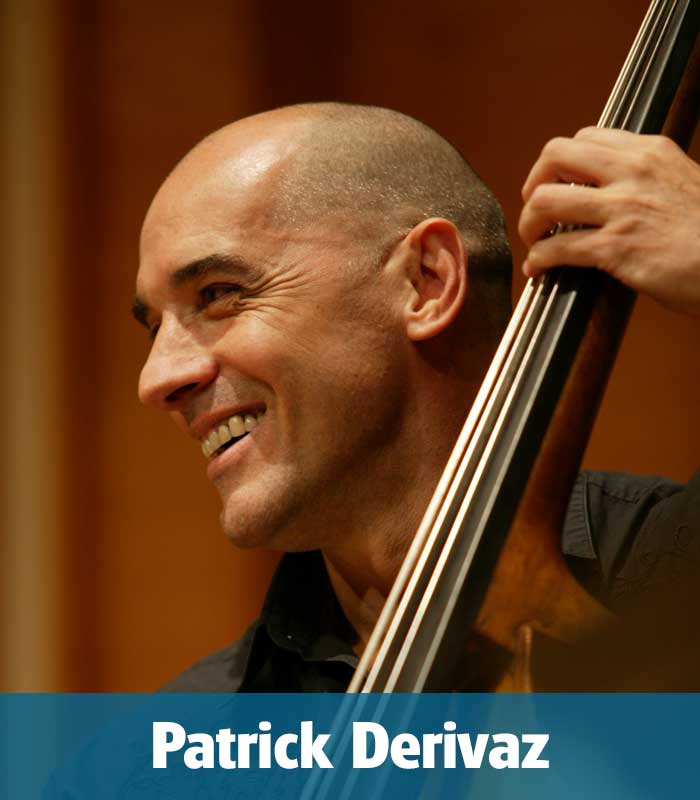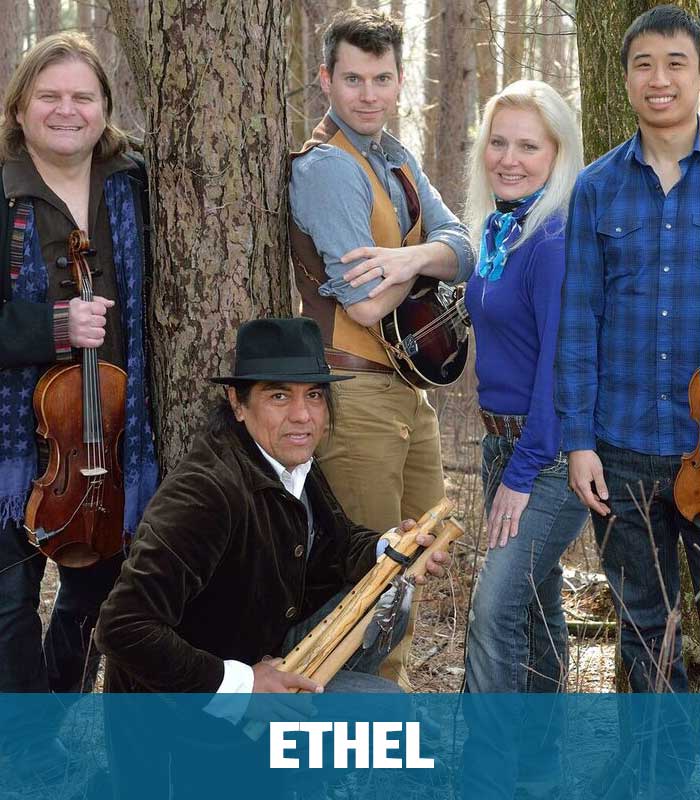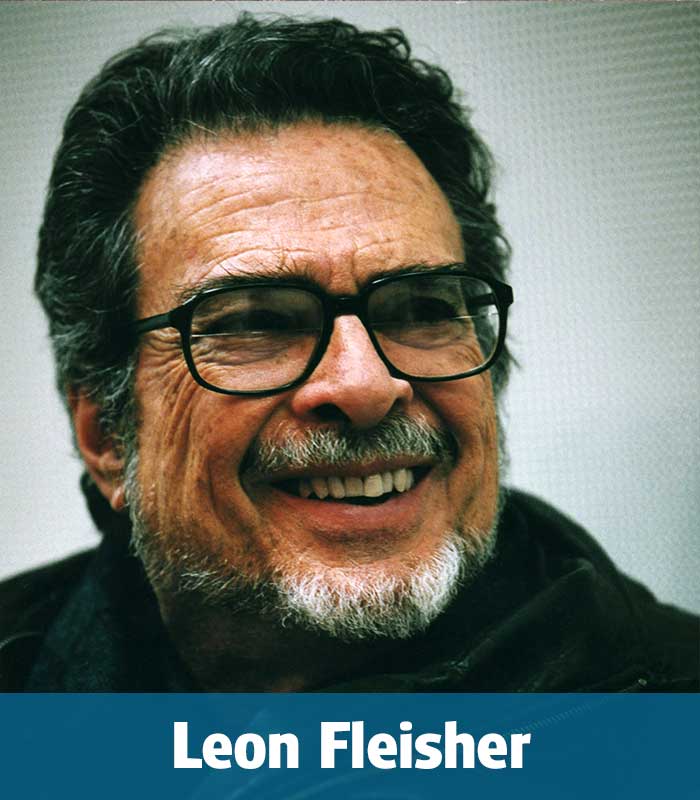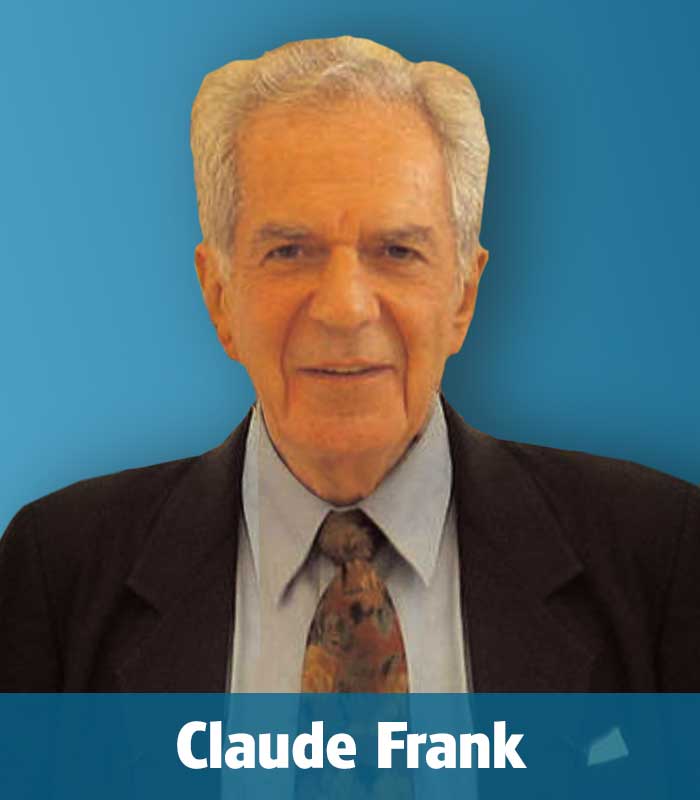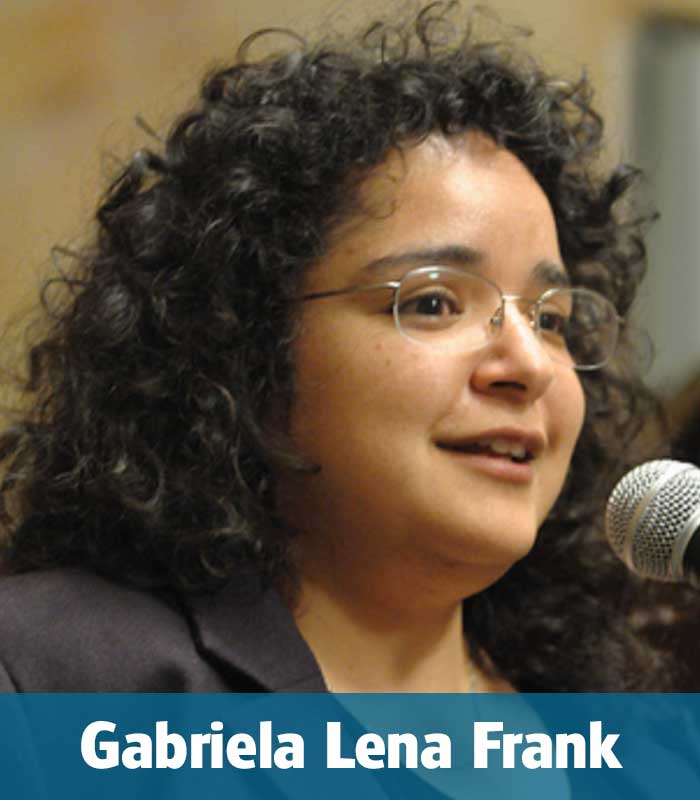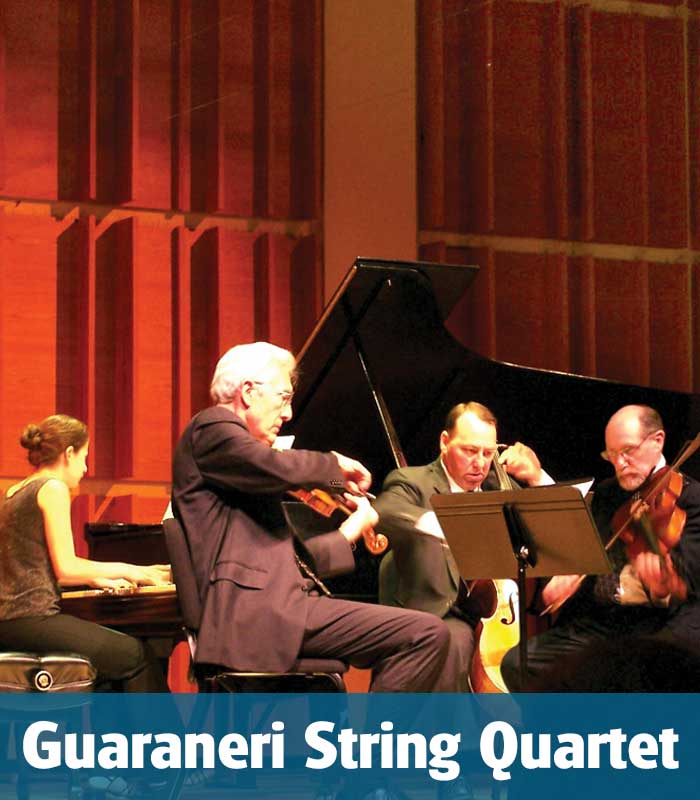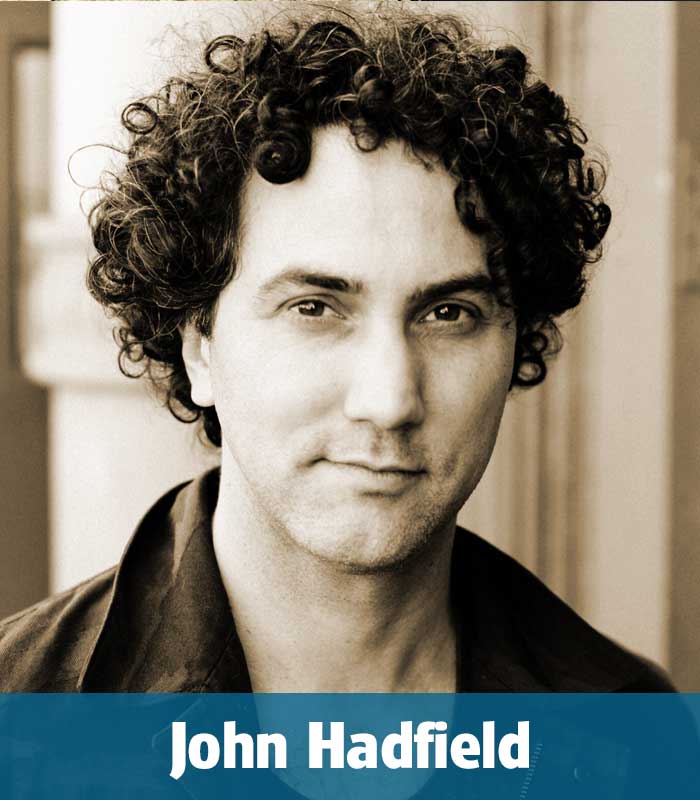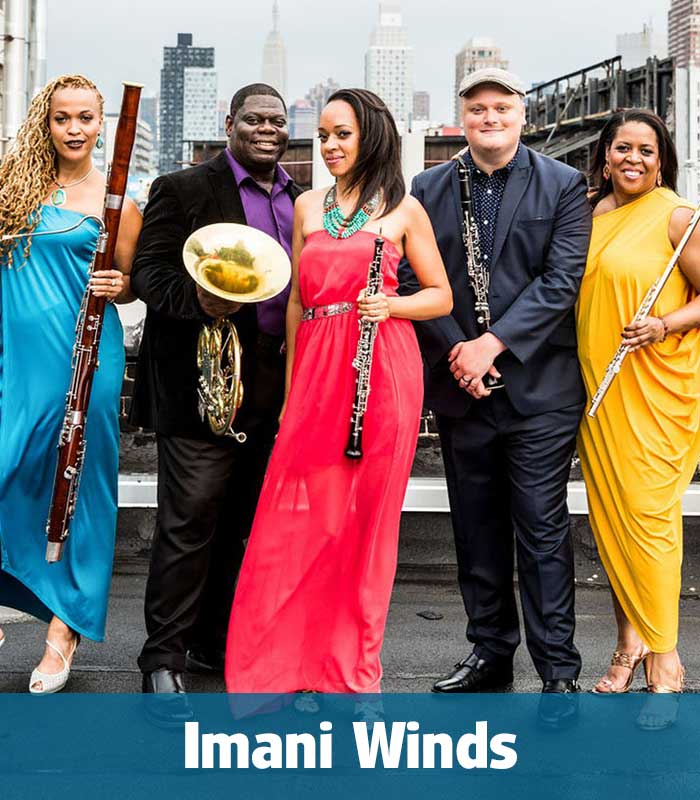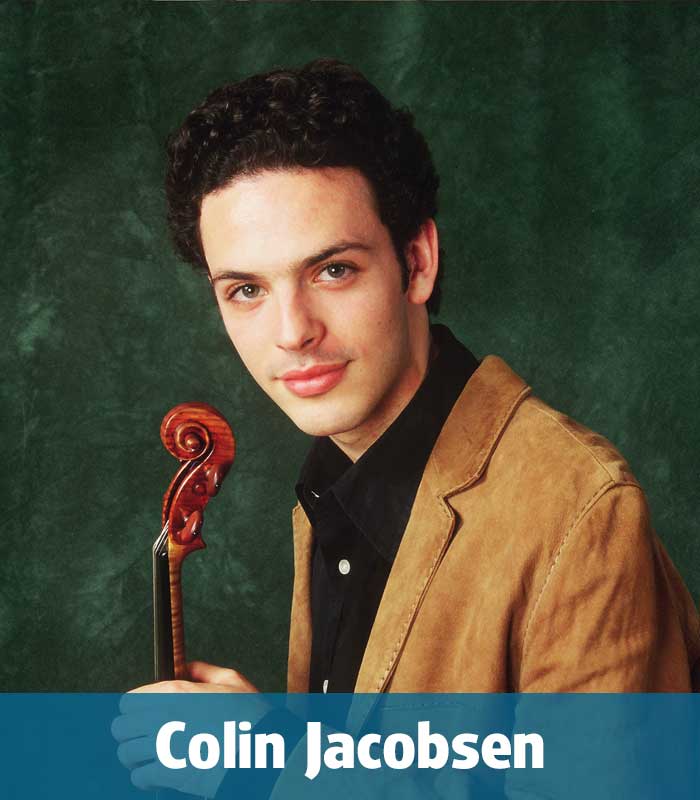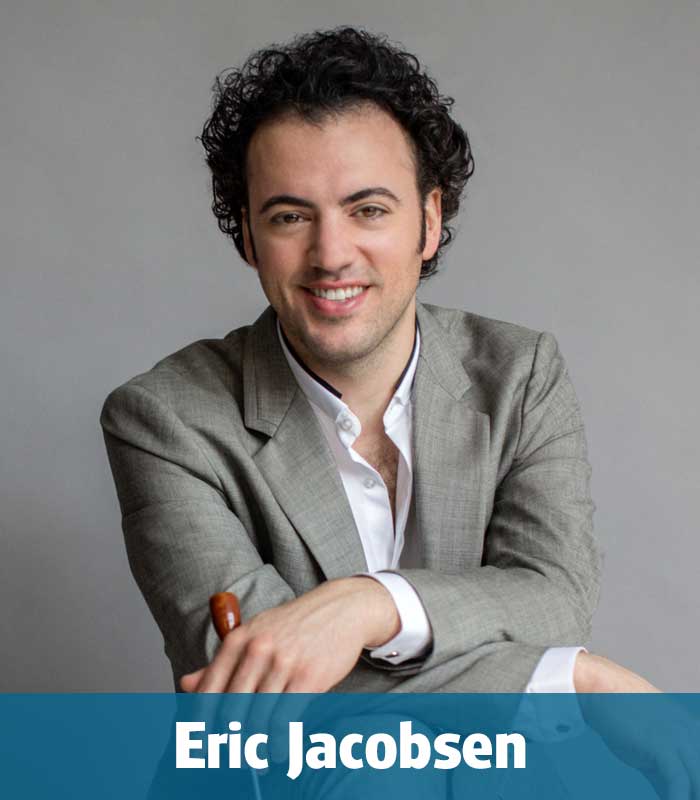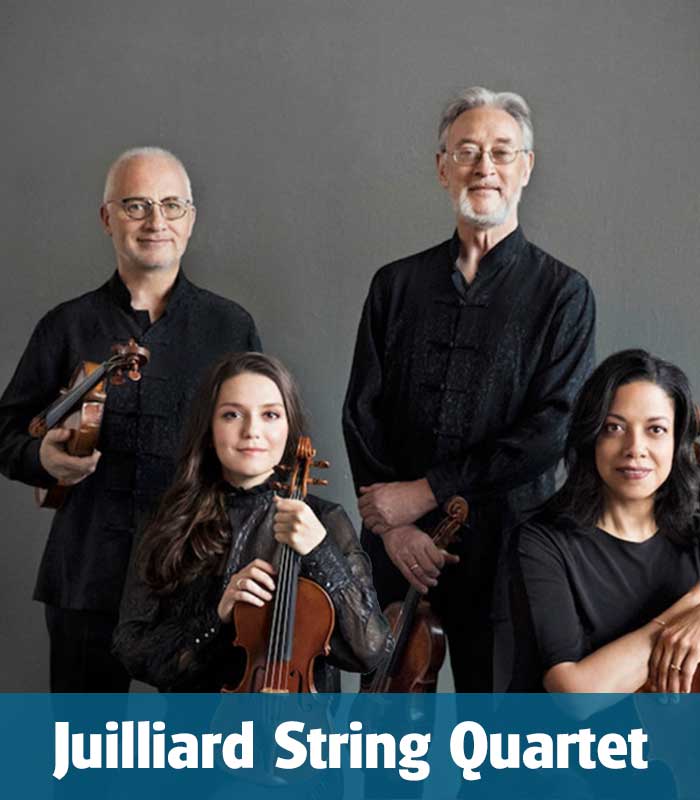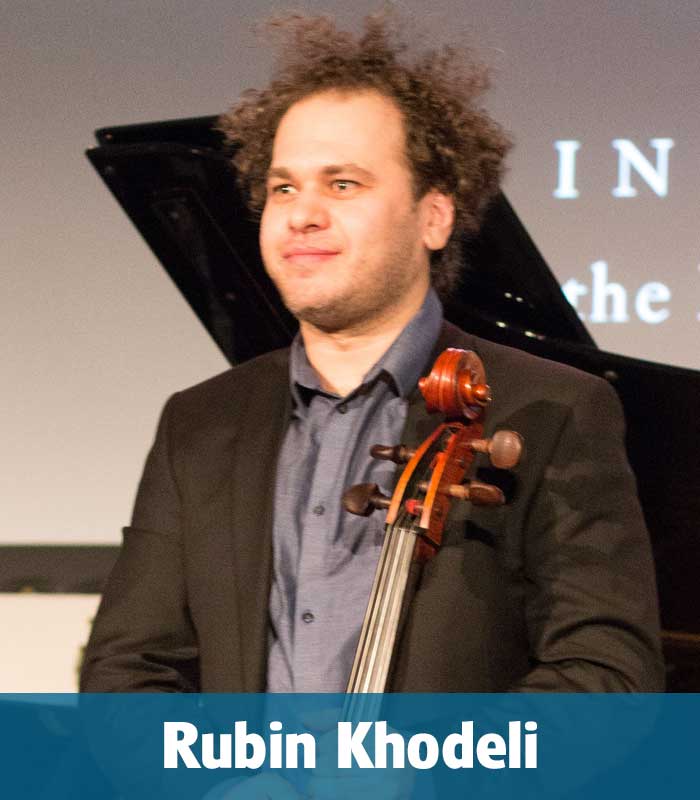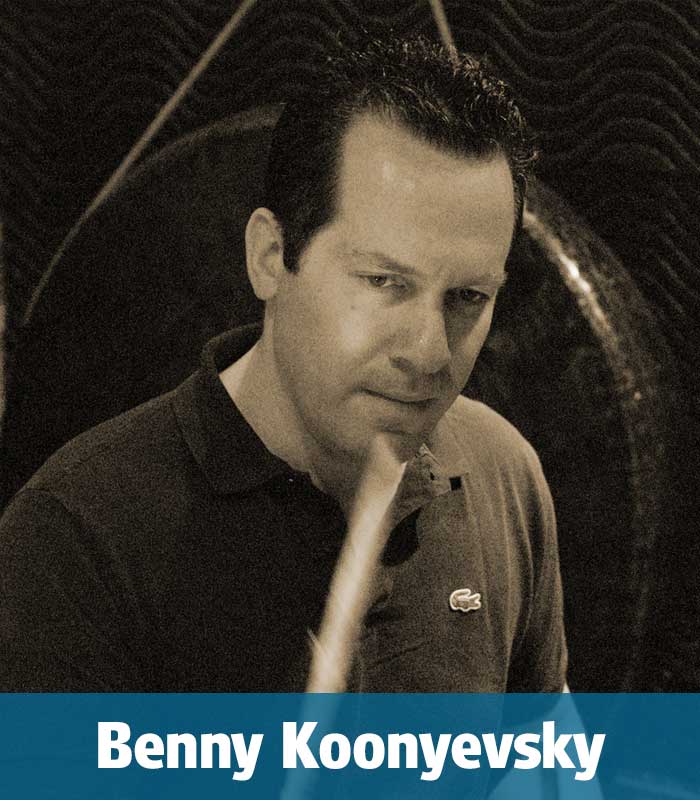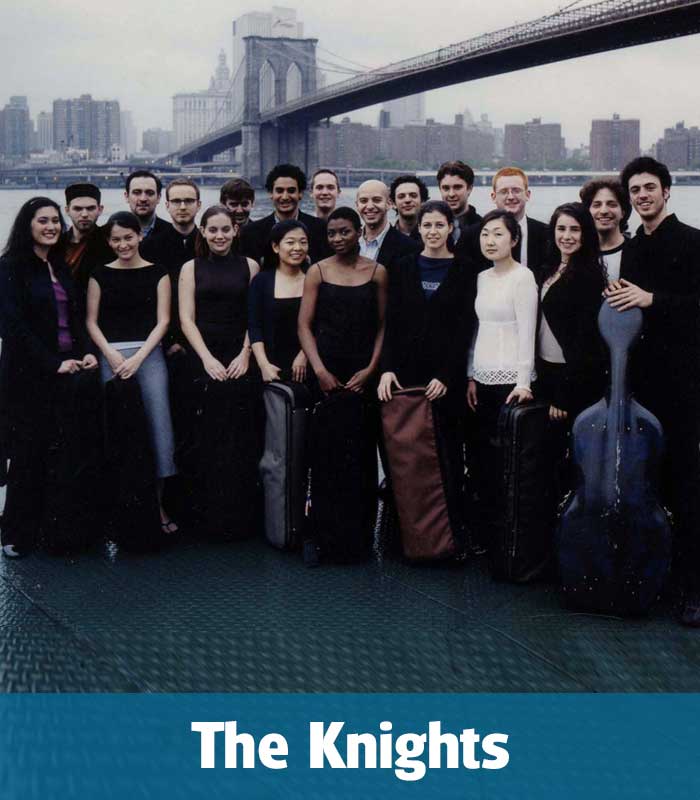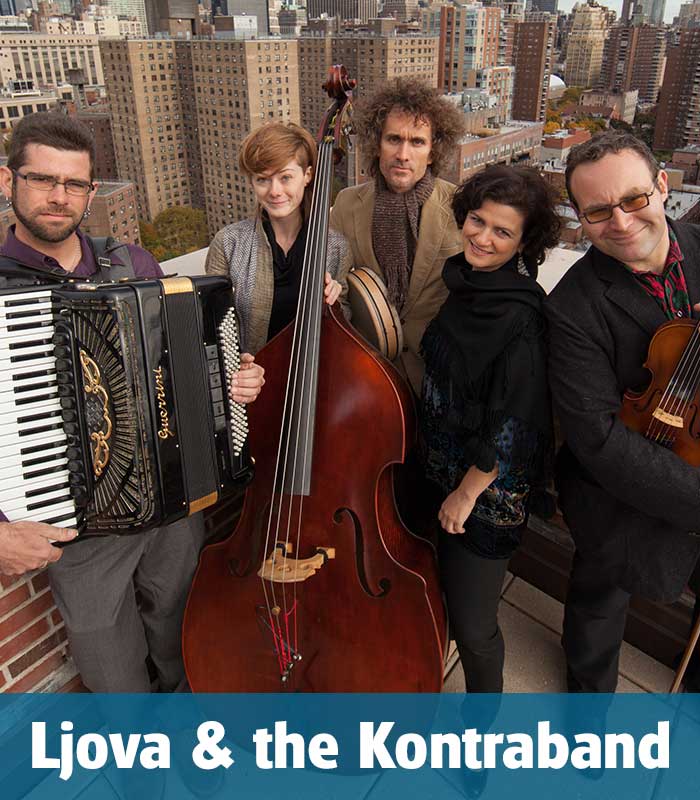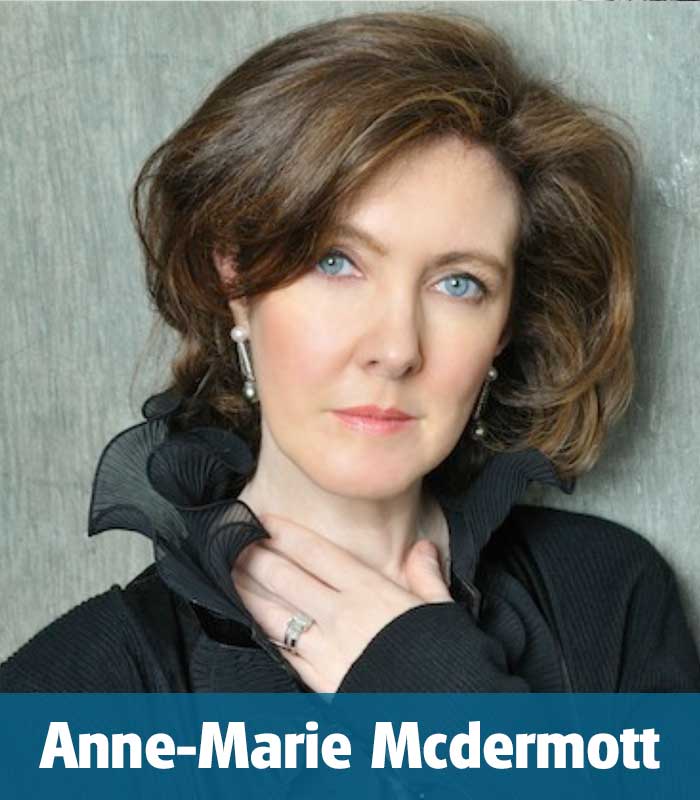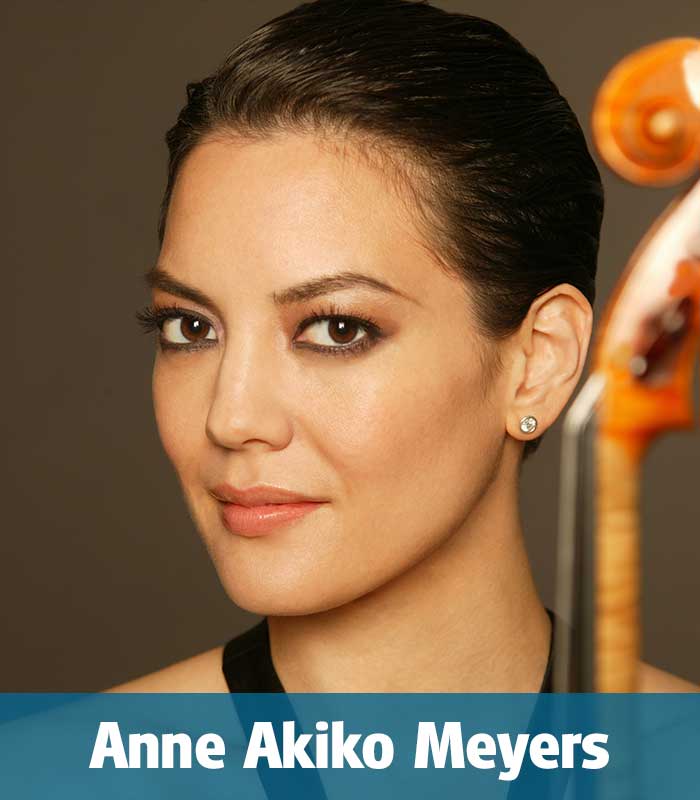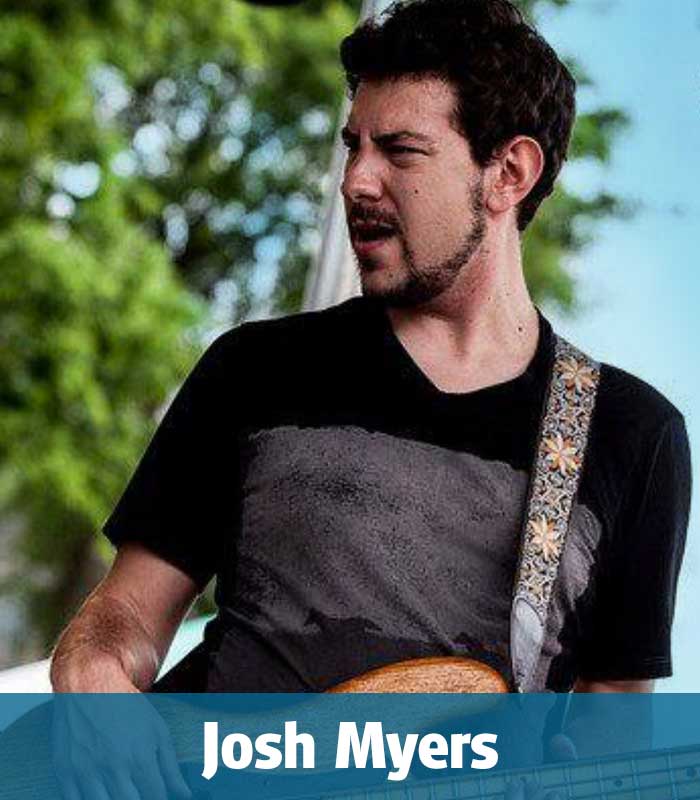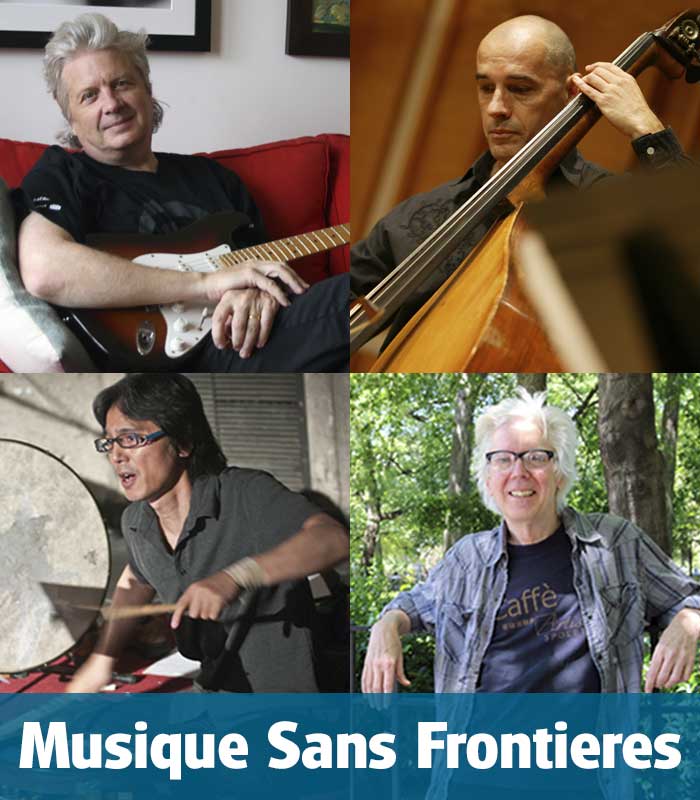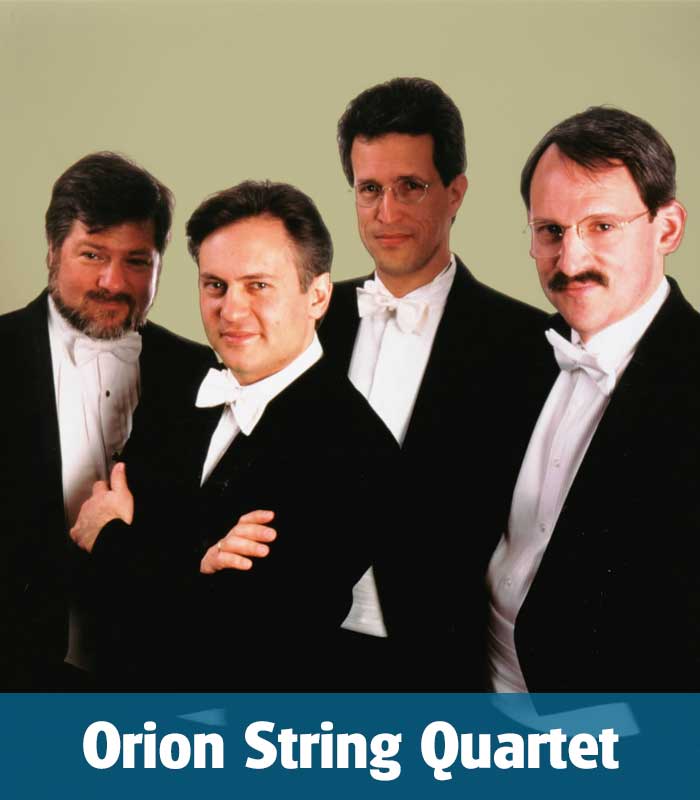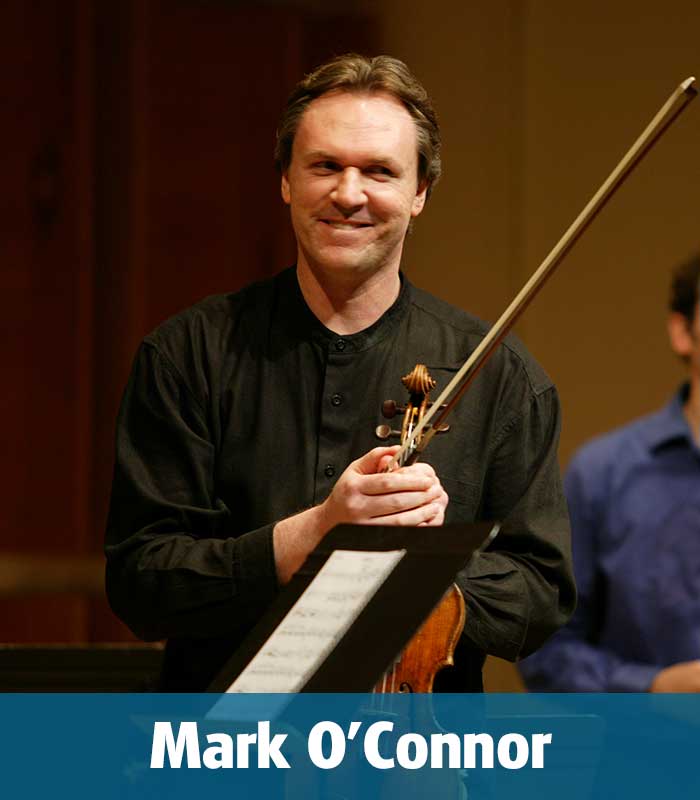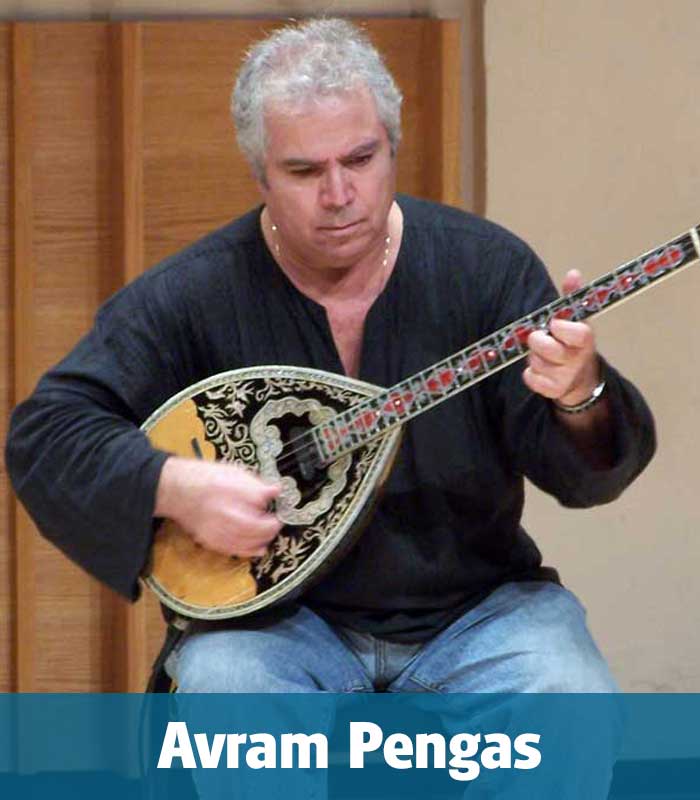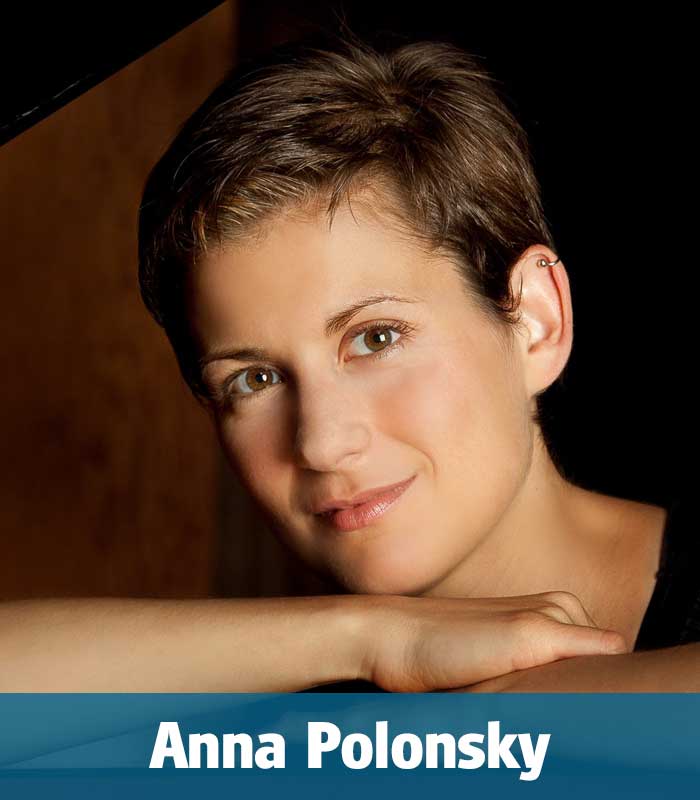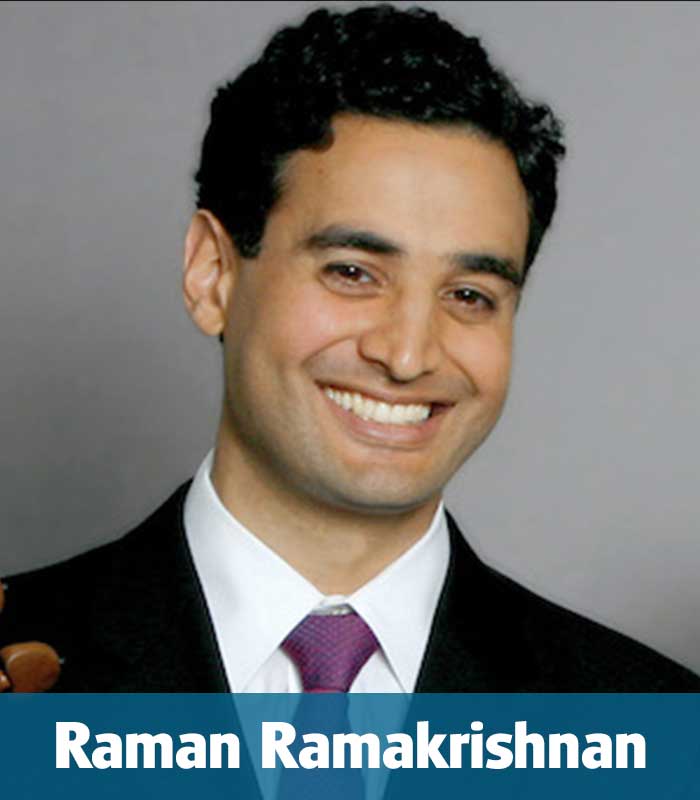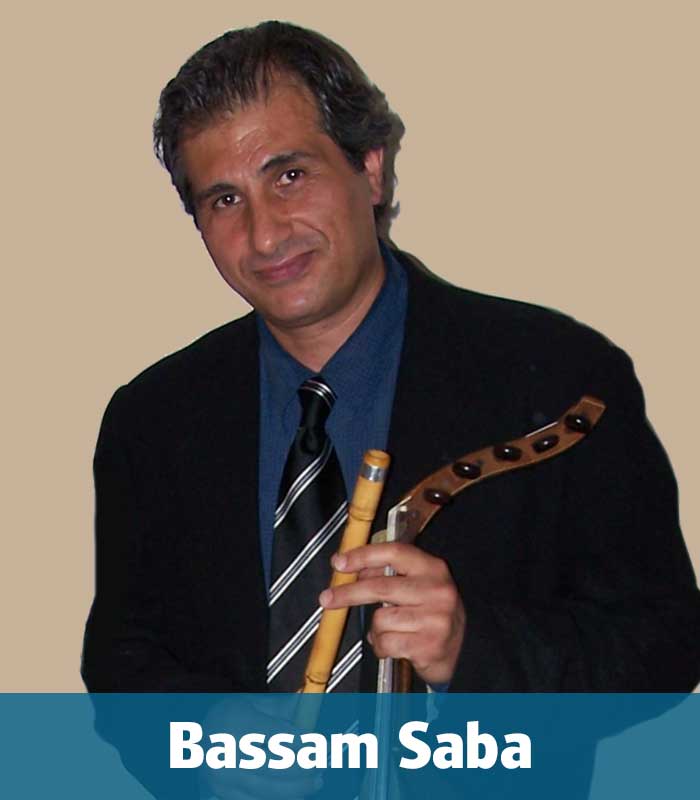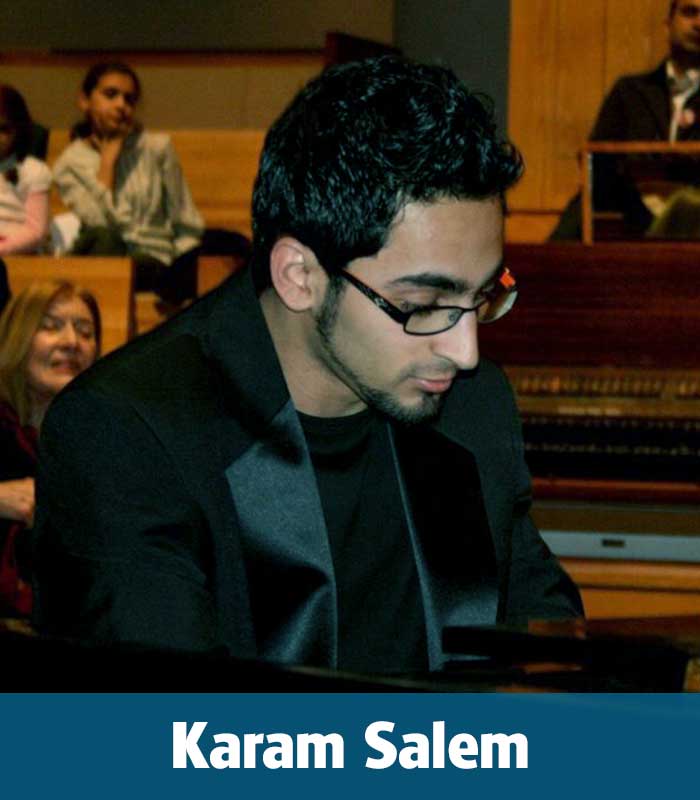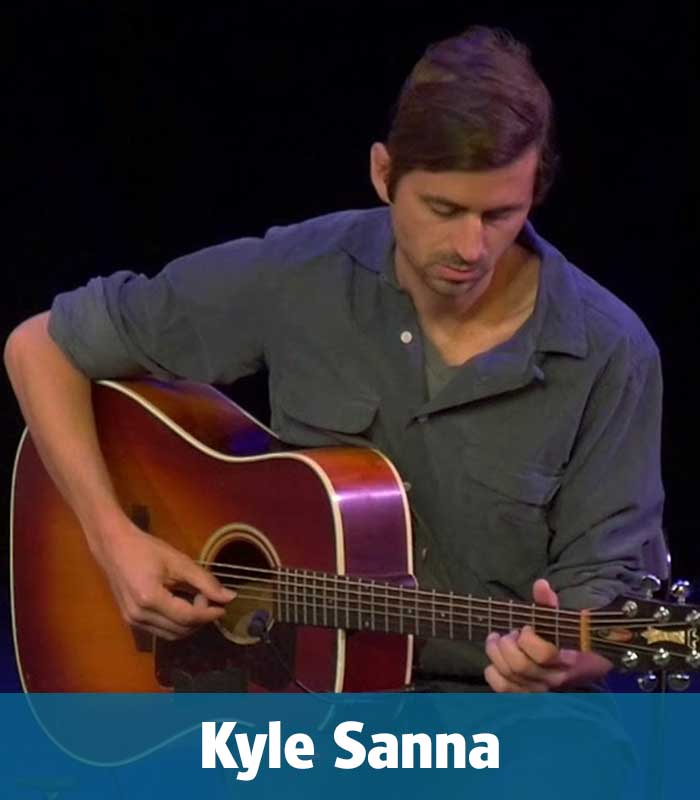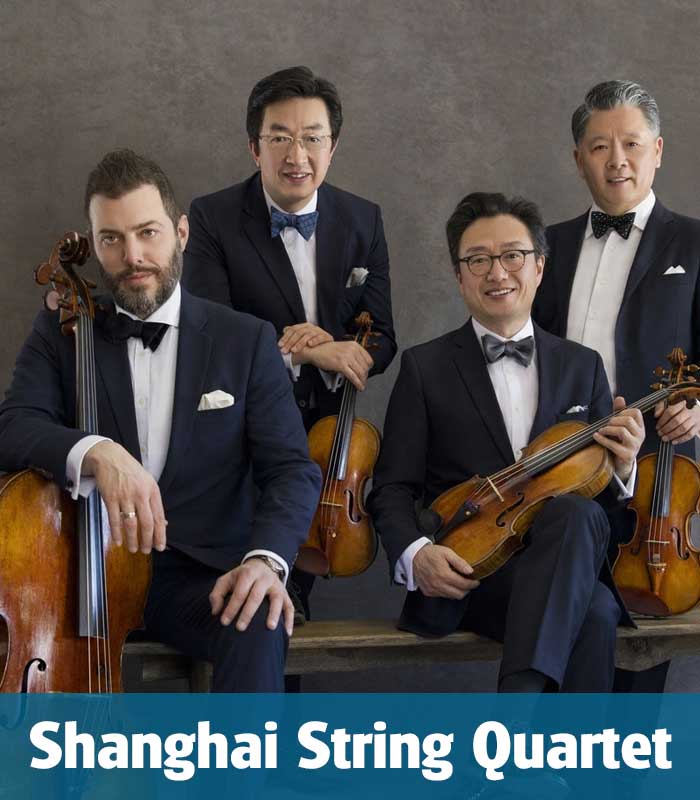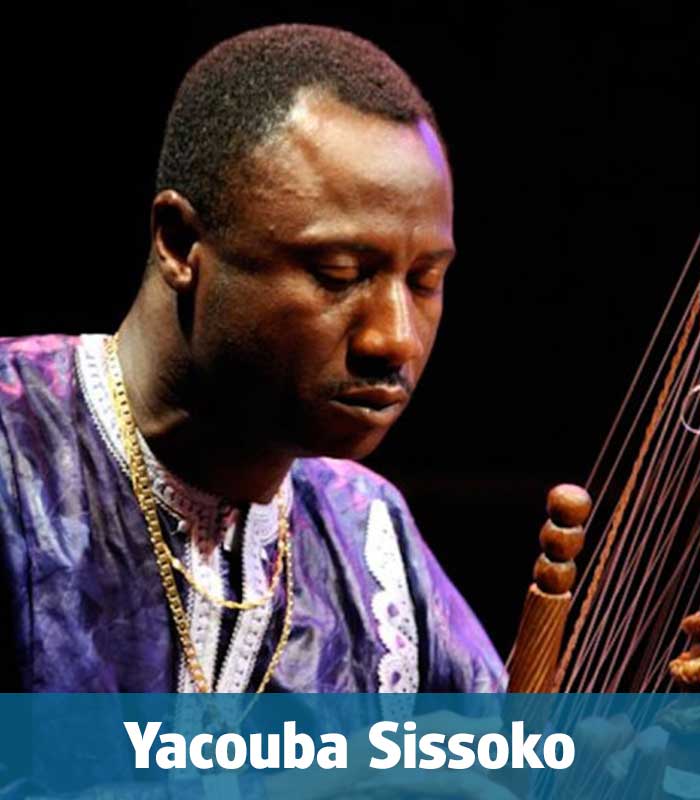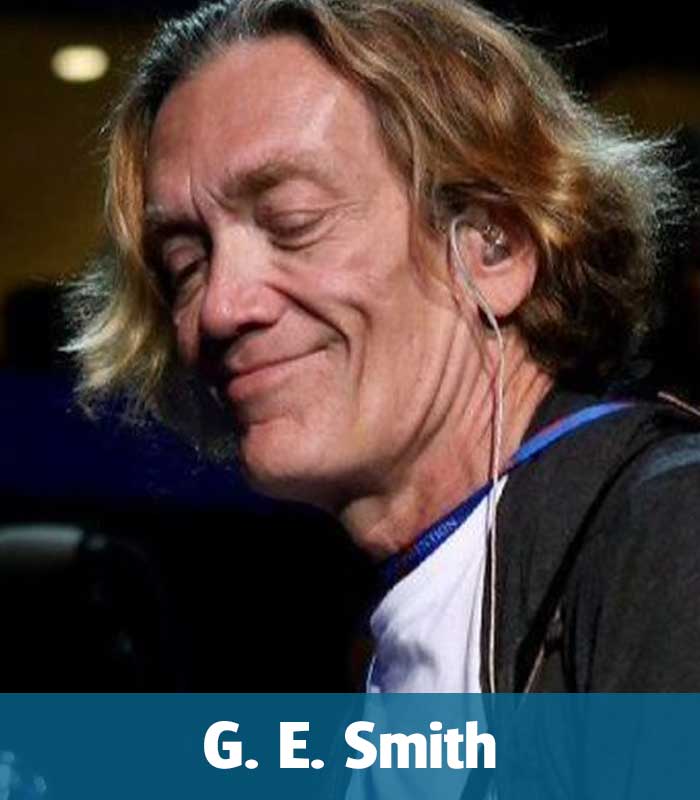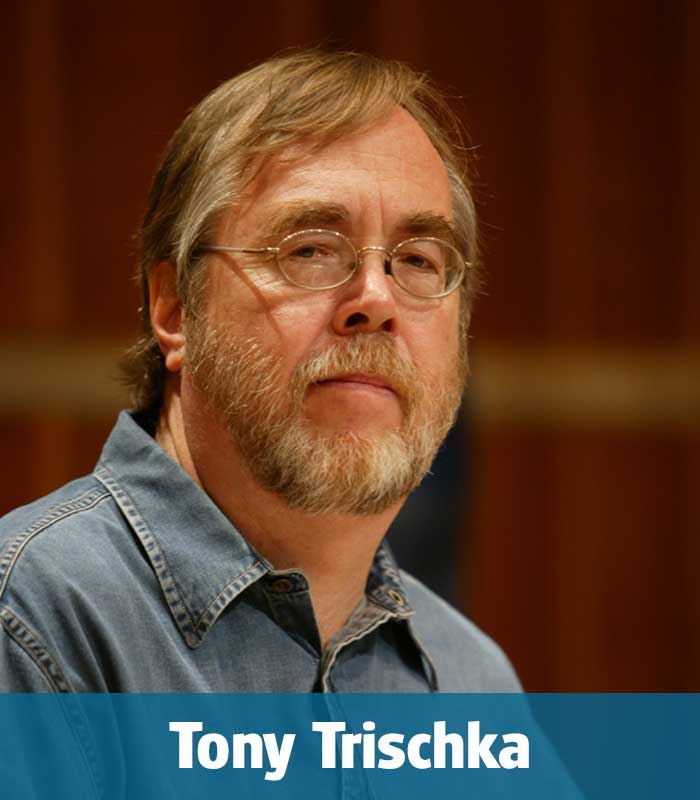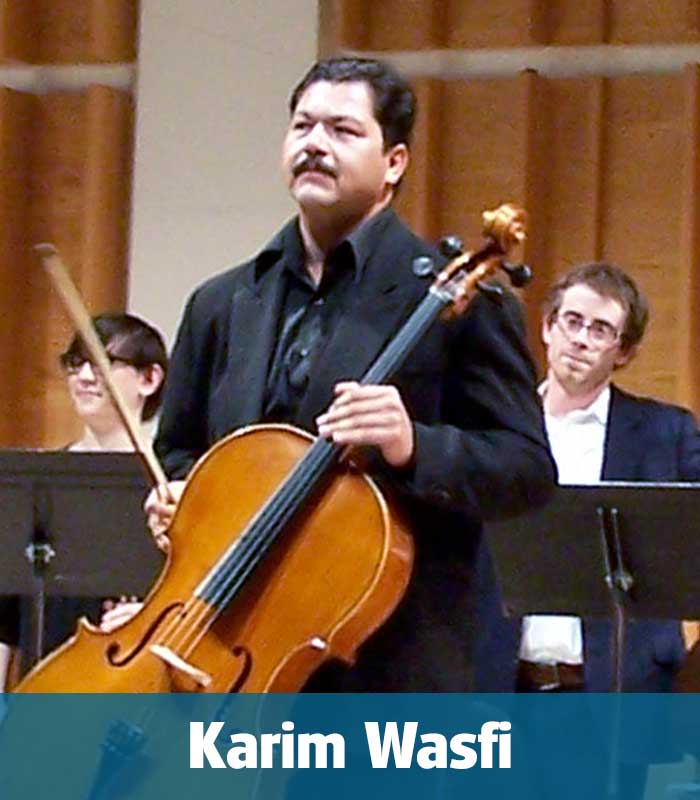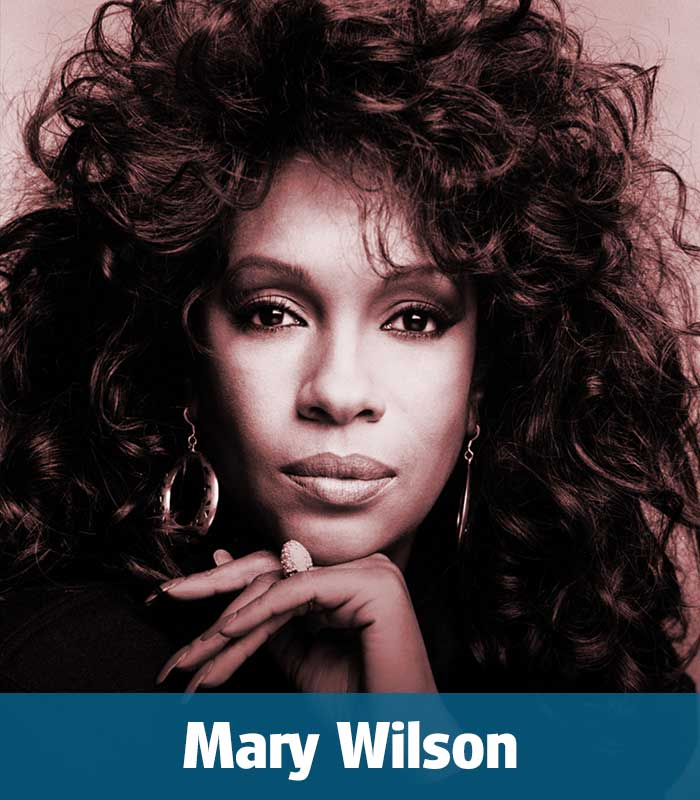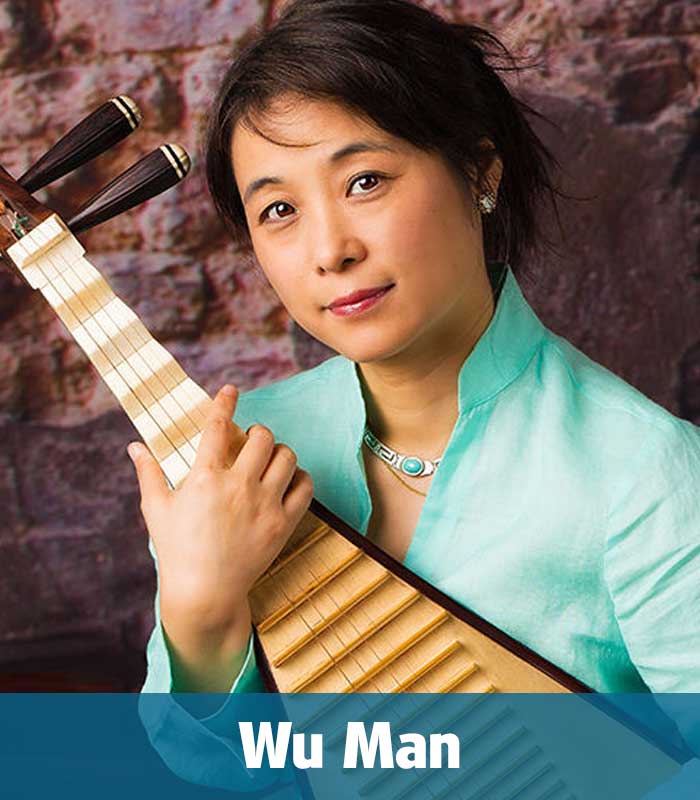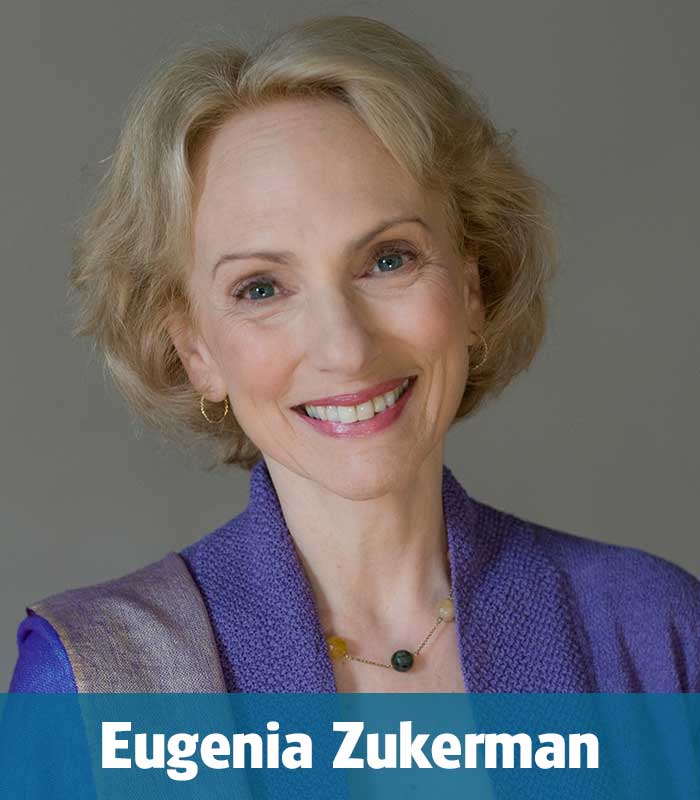
Musicians Bios
The first decade of Musicians For Harmony was filled with music
made by some of the most well-known and accomplished
ensembles and artists in the world.
Learn more about them.

Click on a photo to open a floating bio panel.
Click on the photo in the panel for a larger view.
Click above the panel to close it.
![]()
Juilliard String Quartet
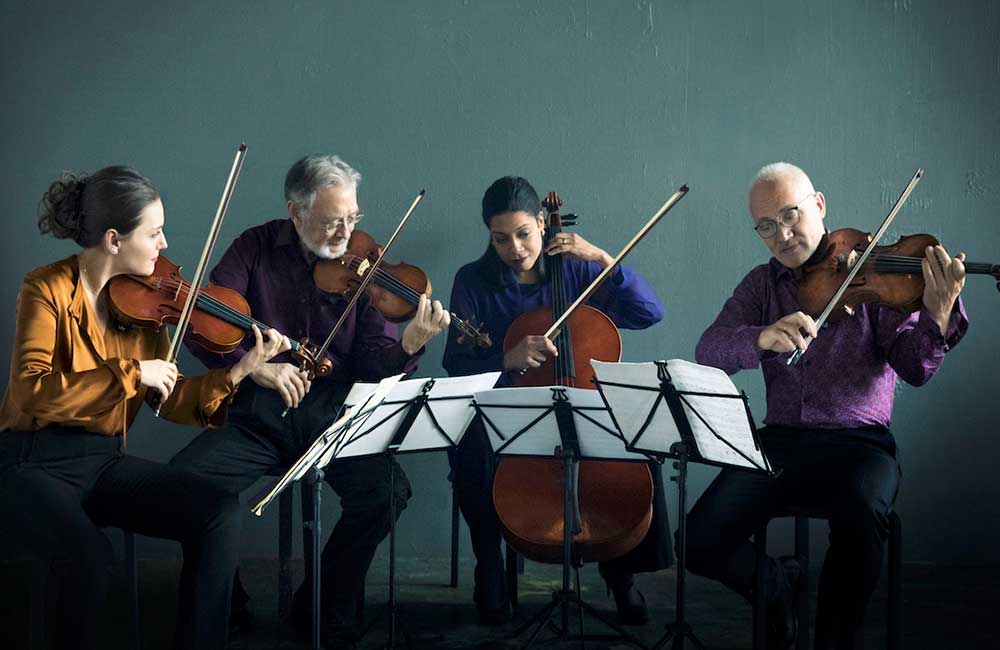
1
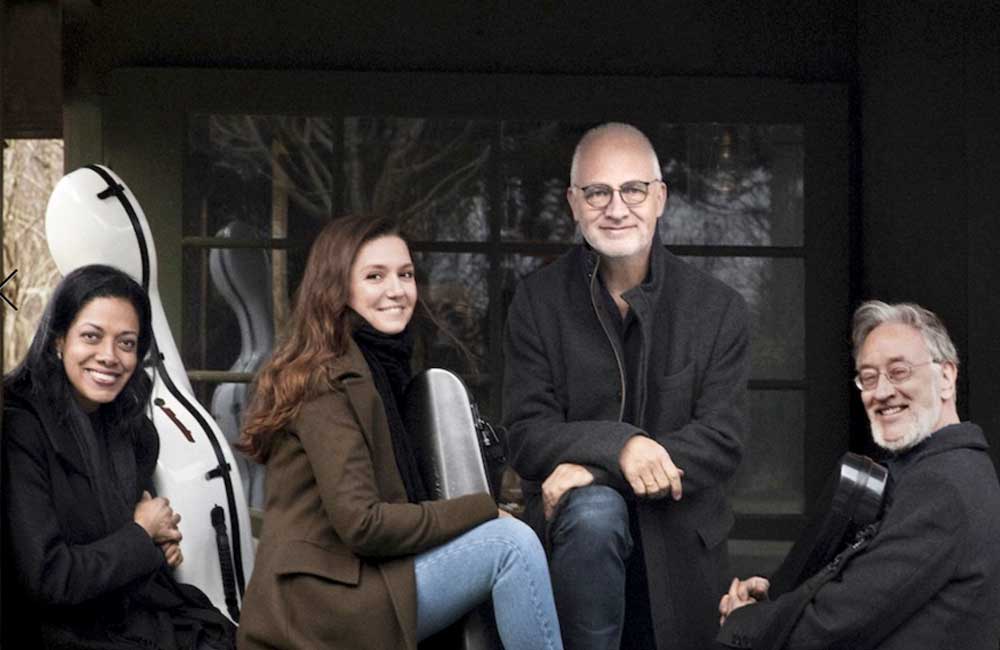
2
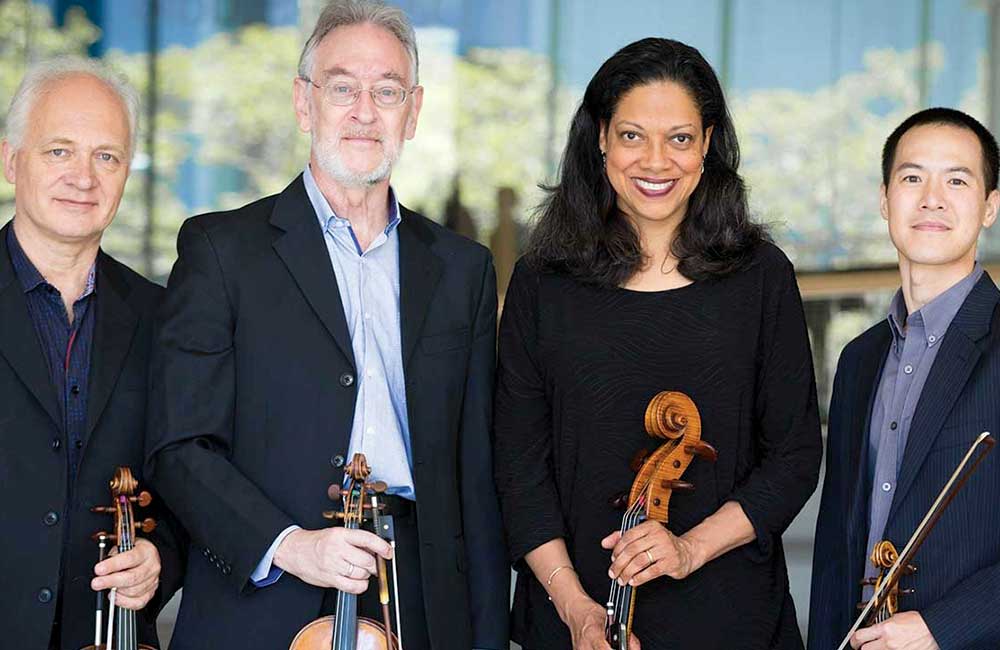
3
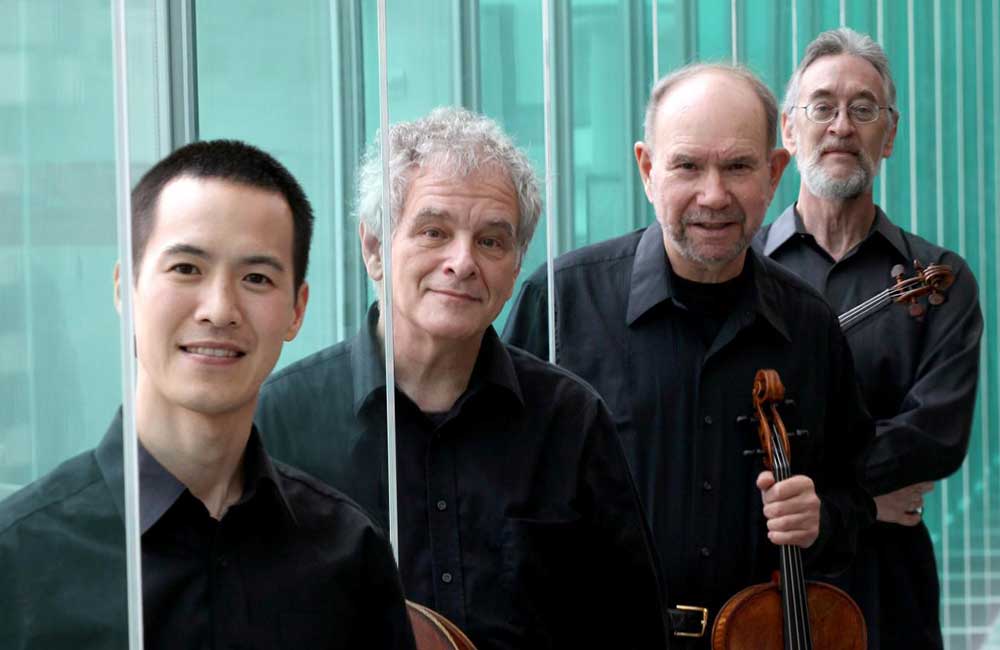
4
The Juilliard String Quartet is a classical music string quartet founded in 1946 at the Juilliard School in New York by William Schuman. The original members were violinists Robert Mann and Robert Koff, violist Raphael Hillyer and cellist Arthur Winograd. Current members are violinists Areta Zhulla and Ronald Copes, violist Roger Tapping, and cellist Astrid Schween. Areta Zhulla most recently joined the quartet, replacing Joseph Lin in September 2018.[1] Joseph Lin had previously joined the Quartet in 2011 after Nick Eanet resigned in 2010 for failing health. Former second violinist, later first after Mann’s retirement, Joel Smirnoff left the quartet after its 2008-2009 season to become president of the Cleveland Institute of Music. Since the Quartet’s inception in 1946, it has been the quartet-in-residence at the Juilliard School. It has received numerous awards, including four Grammys and membership in the National Academy Recording Arts and Sciences’ Hall of Fame. In February 2011, the group received the NARAS Lifetime Achievement Award for its outstanding contributions to recorded classical music.
For more on the Juilliard String Quartet, see the gallery of musicians on this page. Click the video button to watch a short clip of a recent performance.
Kinan Amzeh
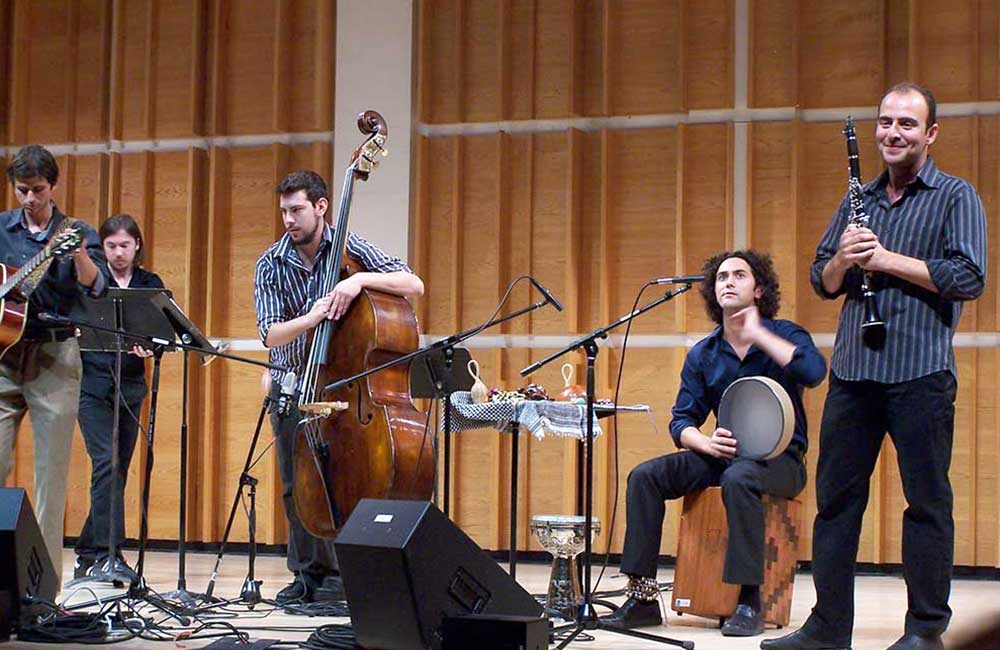
1
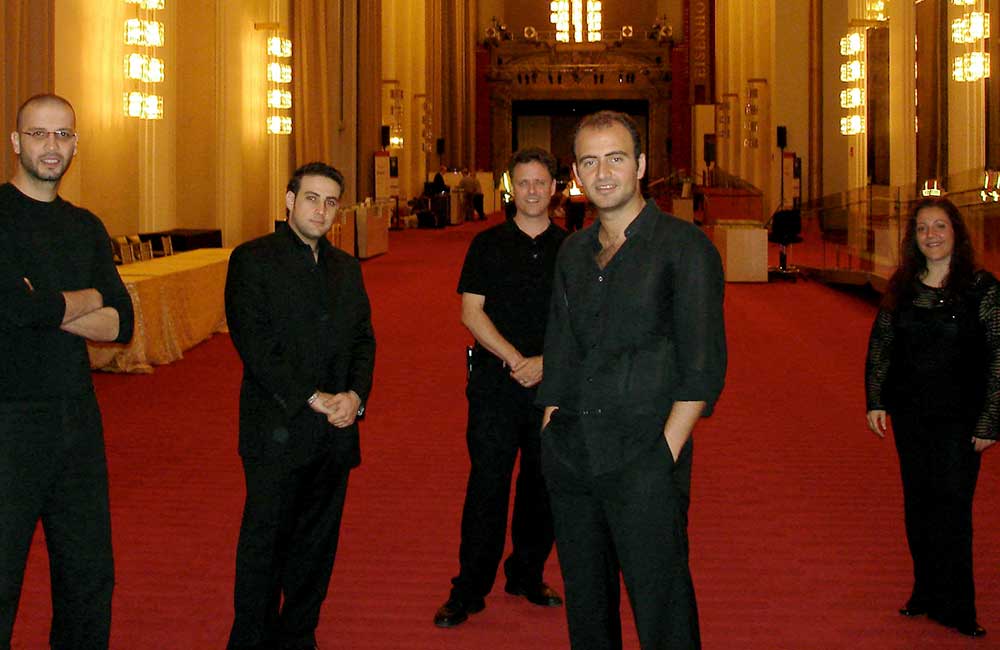
2
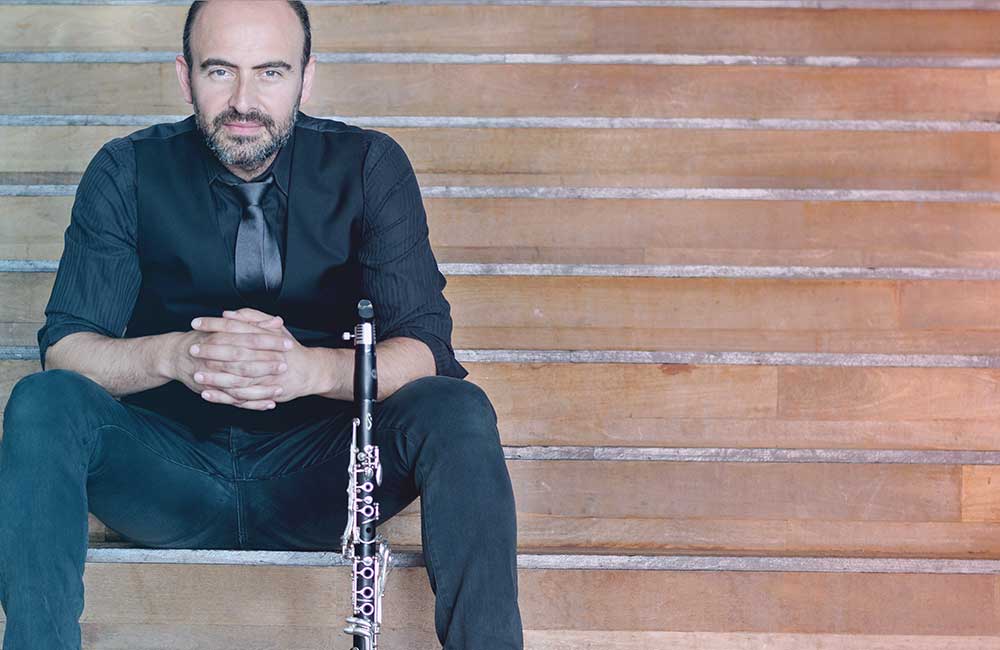
3
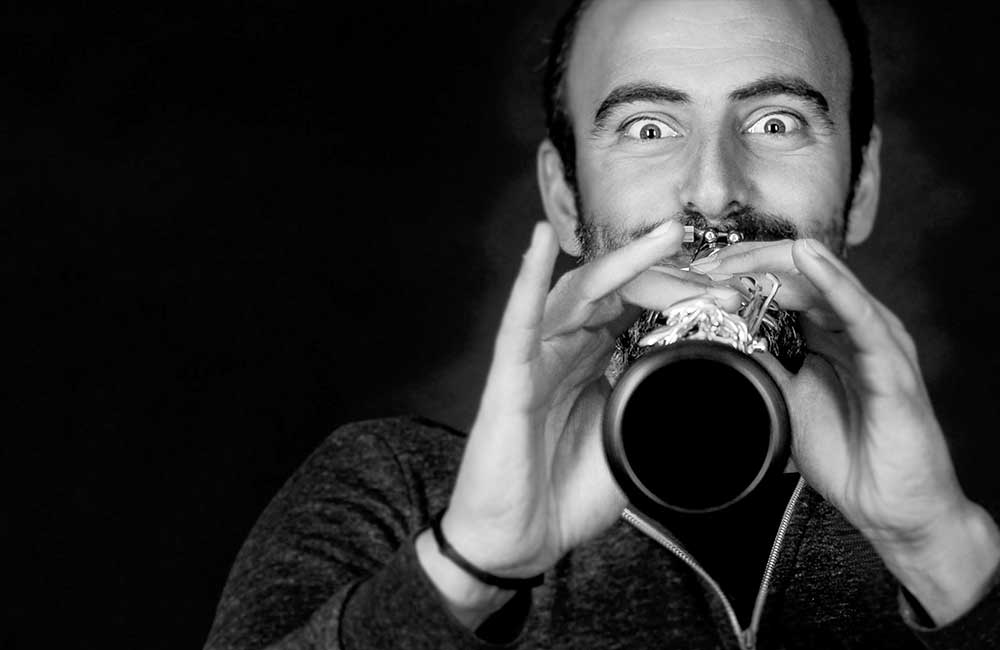
4
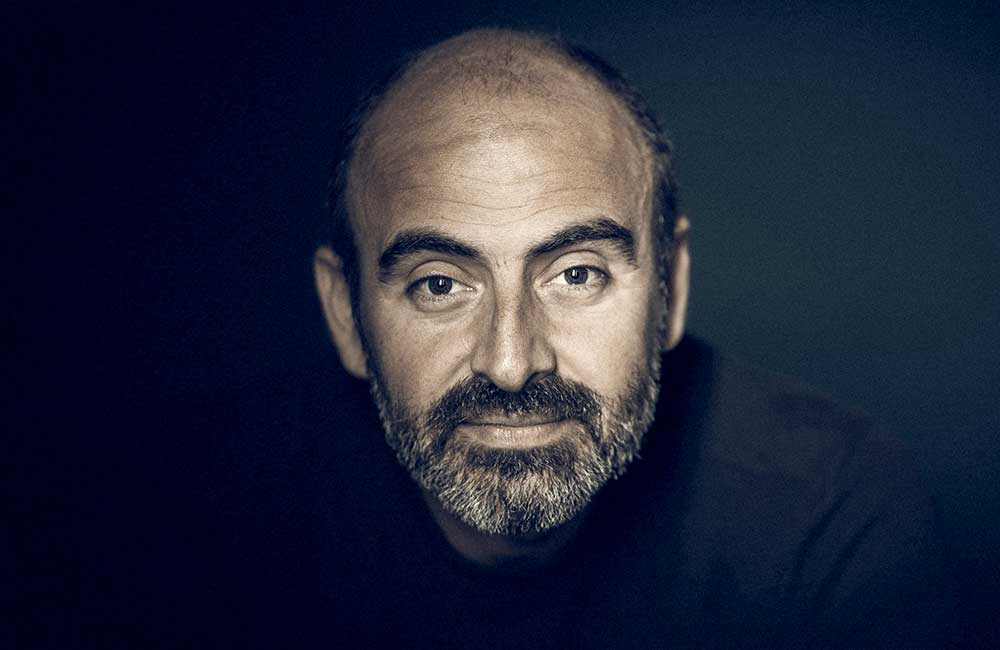
5
Described as a “virtuosic, unique sound” by the Daily Star and “Engagingly flamboyant” by the L.A Times, Kinan Azmeh is gaining the reputation of being on of Syria’s new rising stars.
Born in Damascus, Syria 1976, Kinan is the first Arab to win the first prize at the Nicolay Rubinstein international competition in Moscow, Russia, 1997, a graduate of the Juilliard school in New York and the High institute of music and the Faculty of Electrical Engineering in Damascus, Syria.
For more about Kinan Amzeh, see the gallery of musicians on this page. Click the video button to watch a clip of a performance with the Seattle Symphony.
ETHEL
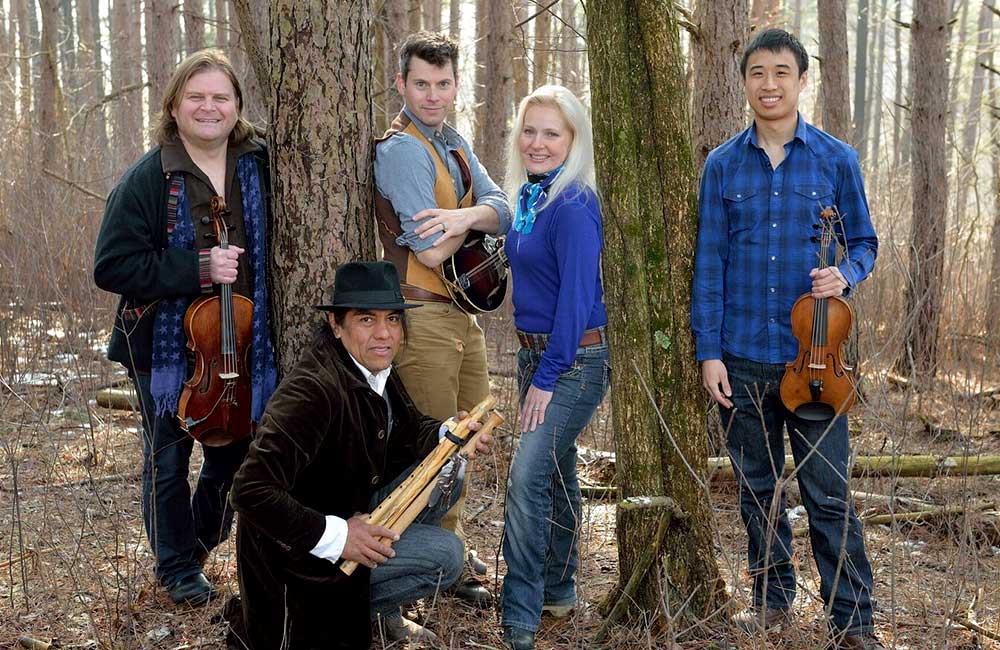
1
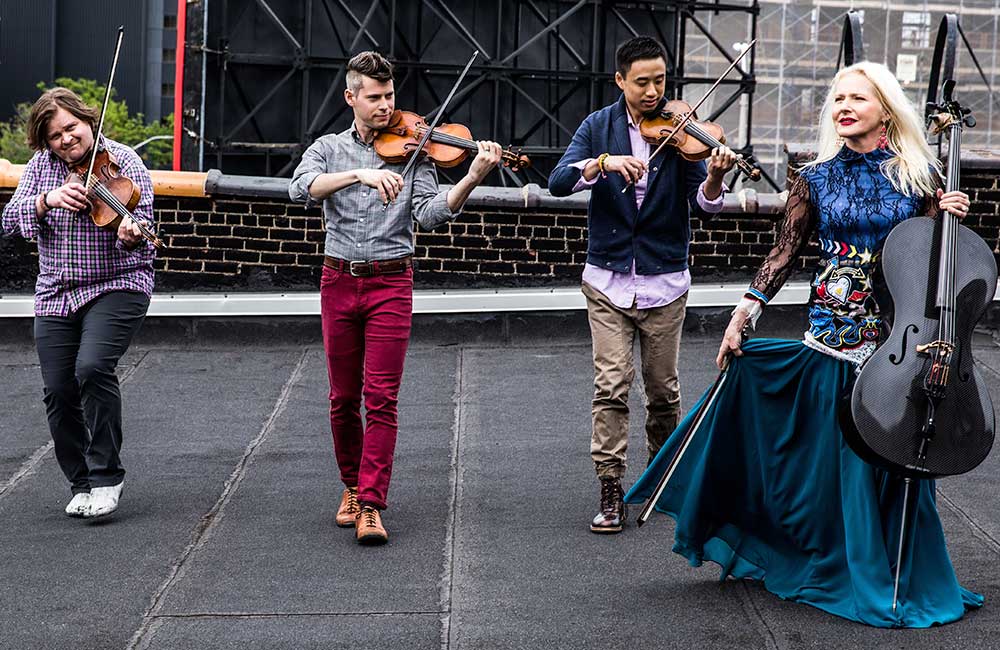
2
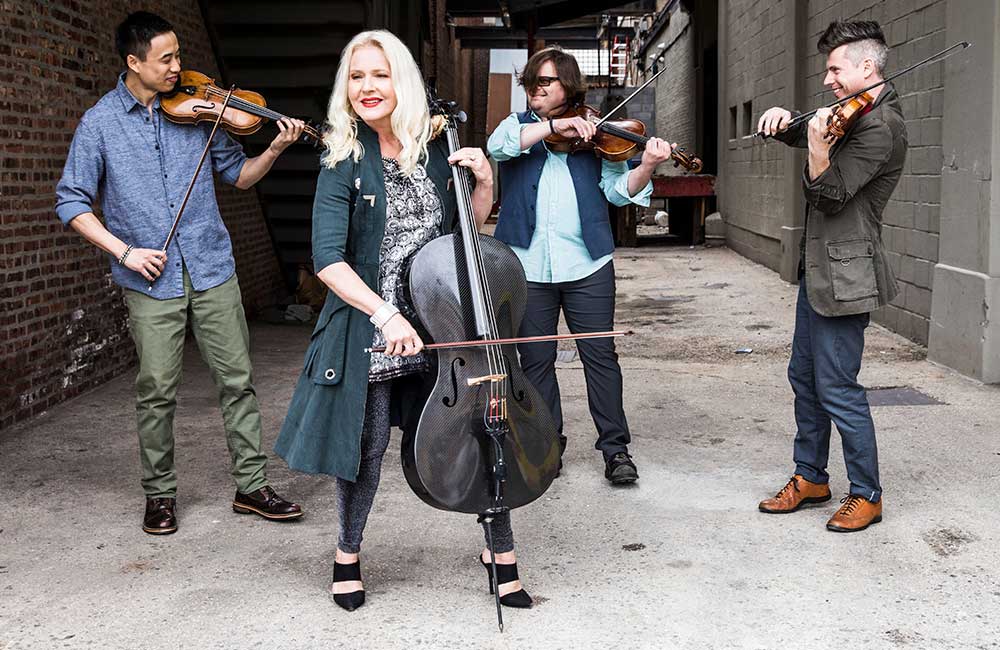
3
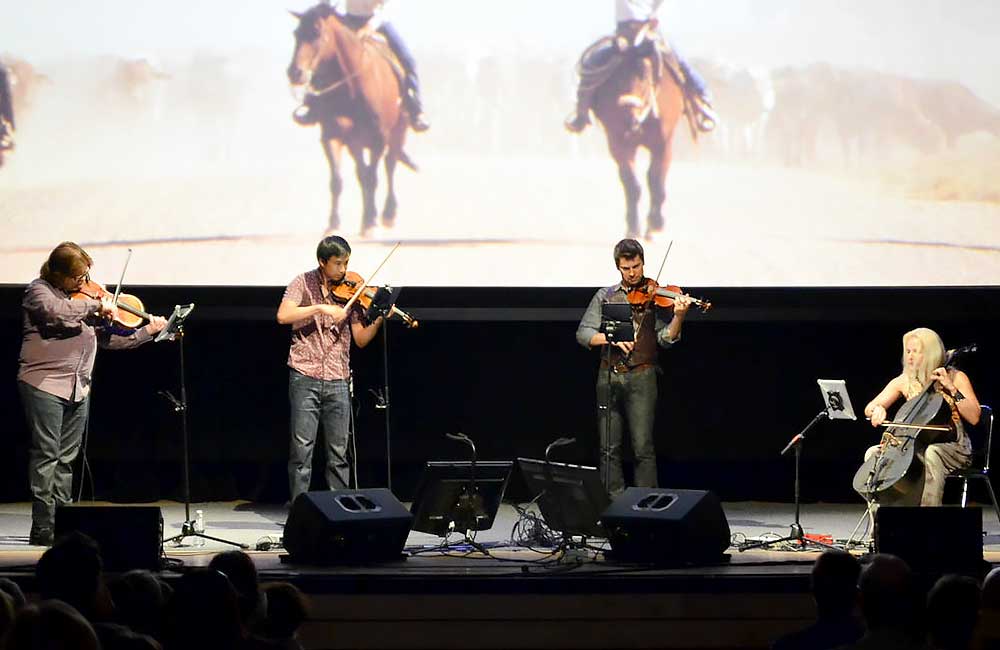
4
Established in New York City in 1998, ETHEL quickly earned a reputation as one of America’s most adventurous string quartets. More than 20 years later, the band continues to set the standard for contemporary concert music. Known for its enlivened playing, blending uptown, conservatory musicianship with downtown genre-crossing, ETHEL has been described as “indefatigable and eclectic” (The New York Times), “vital and brilliant” (The New Yorker), and “infectiously visceral” (Pitchfork). Since its inception, ETHEL has released nine feature recordings (one of them nominated for a Native American Music Award), performed as guests on 40+ albums, premiered 225 new works, won a GRAMMY® with jazz legend Kurt Elling, and performed in 14 countries, 45 states, and 250 cities.
For more about ETHEL, see the gallery of musicians on this page. Click the video button to watch a clip of their performance at a BAM Next Wave Festival.
Musique Sans Frontières
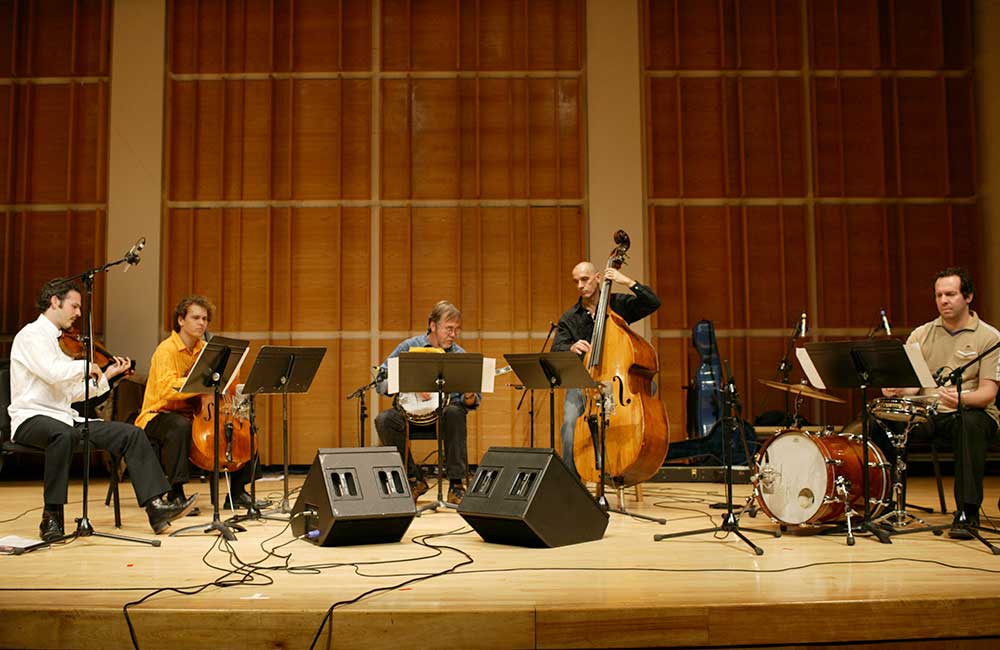
1
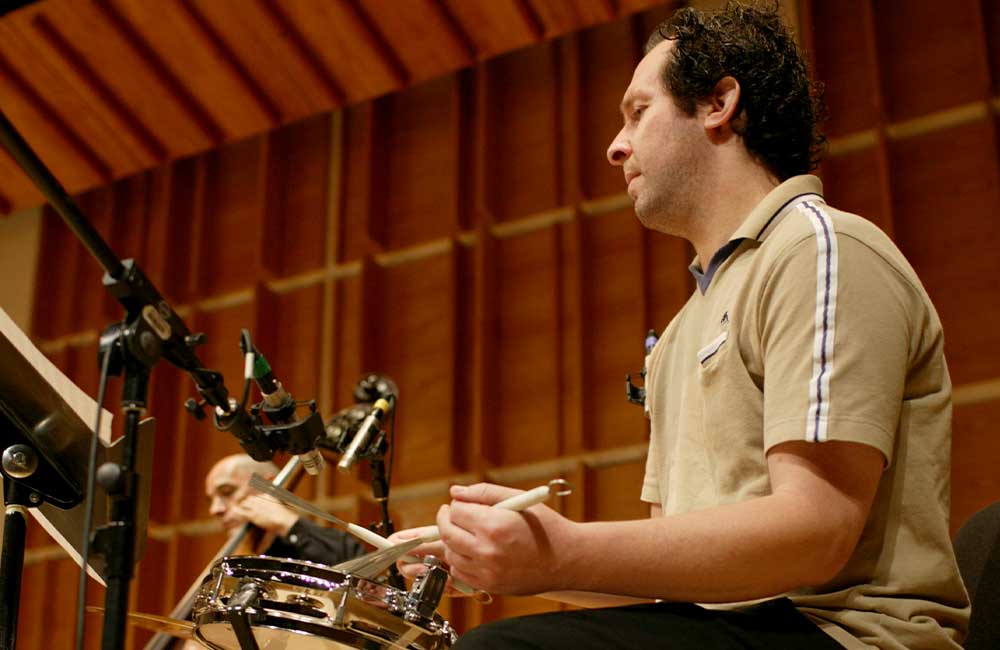
2
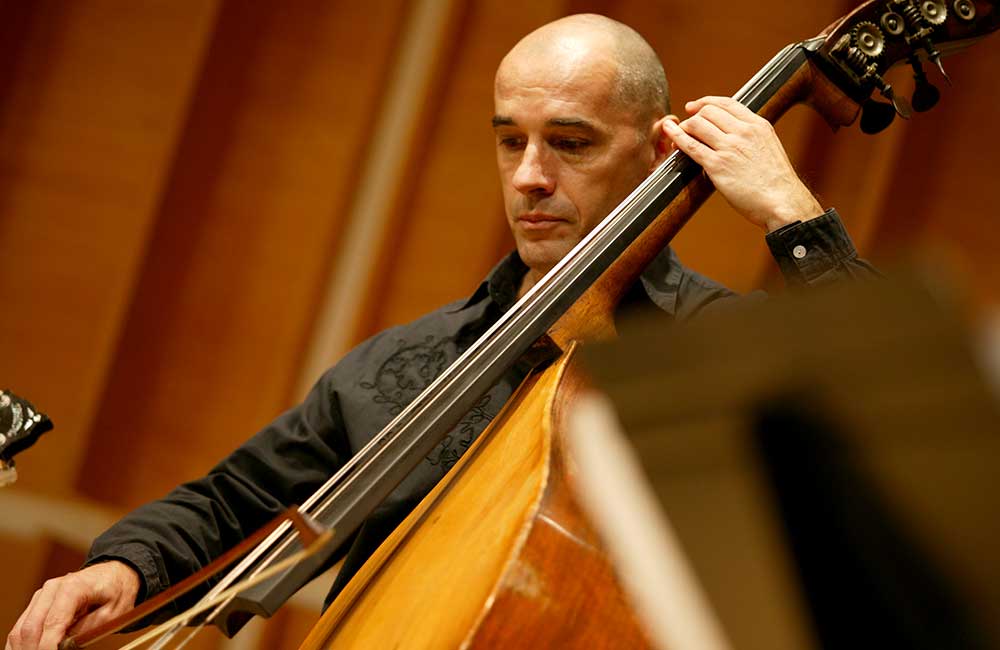
3
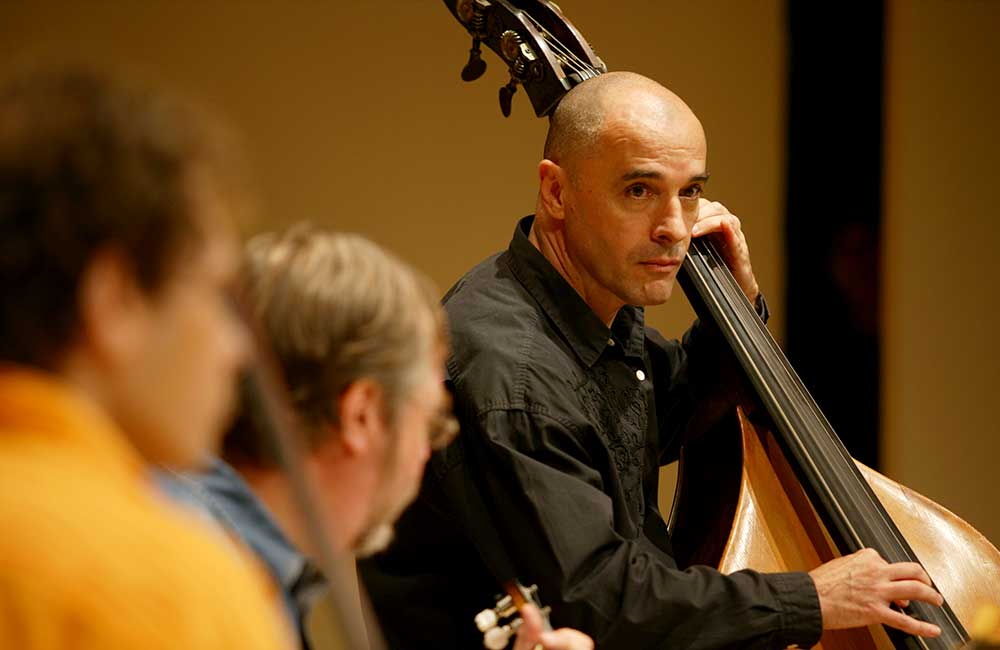
4
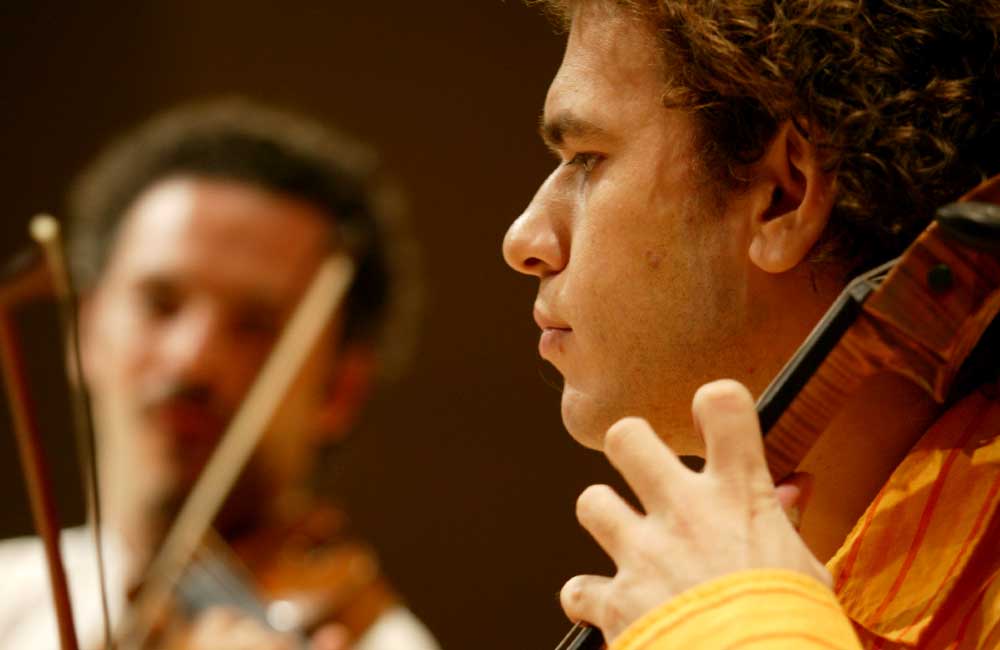
5
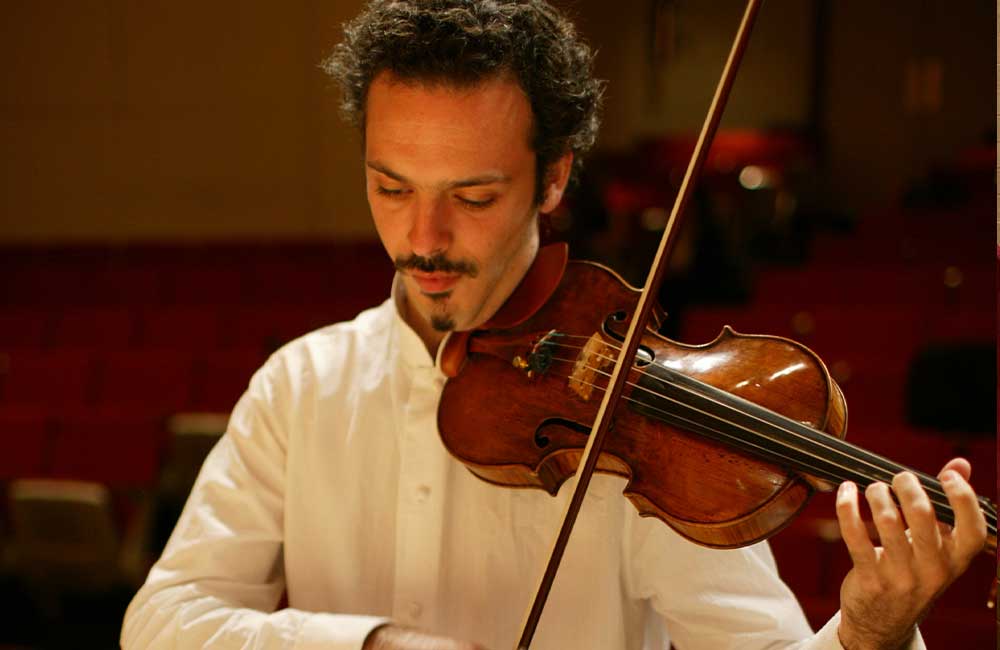
6
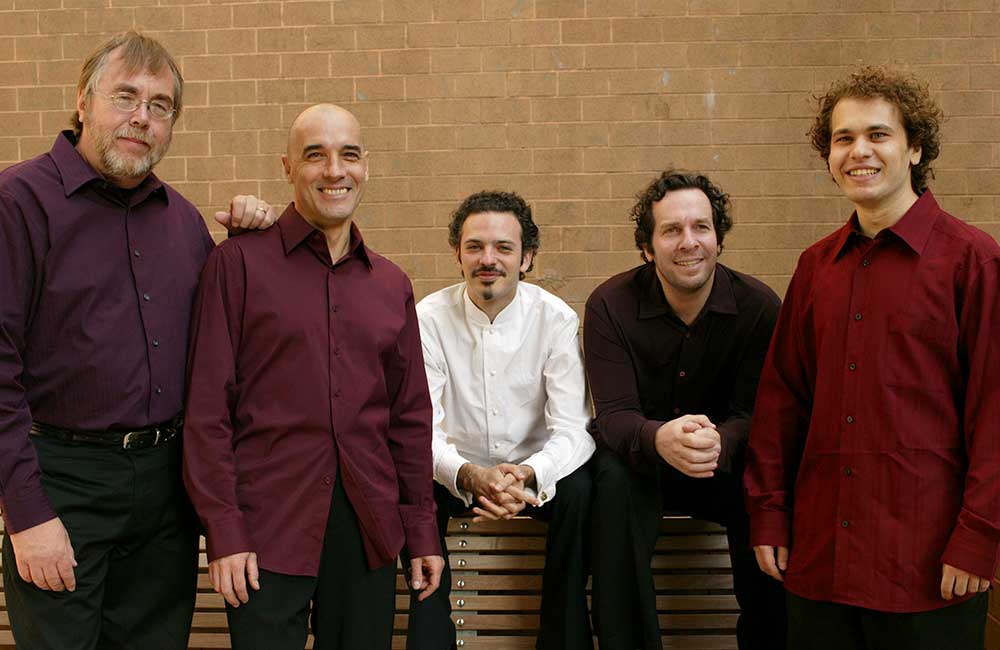
7
“Musique Sans Frontières” (“Music Without Borders”) is a multicultural ensemble of musicians who came together in response to the tragic events of September 11th to perform for Musicians For Harmony. Organized by Musicians For Harmony’s Artistic Director Patrick Derivaz, these artists represent a blending of many different backgrounds and cultures who share a desire to foster global harmony through their music-making. Their first CD, Musique Sans Frontières – Volume 1, was released in 2006 to coincide with the fifth anniversary of Musicians For Harmony.
For more about Musique Sans Frontières and the ensemble’s members, see the gallery of musicians on this page. Below is a clip of a performance at a Musicians For Harmony Concert For Peace.
Pianist Hassan Al-Mufti is an Iraqi refugee who entered the United States in September 2001, under the auspices of the United Nations Council on Human Rights. Mr. Al-Mufti was born and raised in Baghdad and began to study piano at the age of six. He showed great talent and through years of study became an accomplished concert pianist. His desire to study at Juilliard in New York City was forbidden under Saddam Hussein’s government. Mr. Al-Mufti was a well-known concert pianist throughout Iraq, but when he refused to perform for Saddam, he was prevented from playing anywhere in Iraq. He subsequently moved to Amman, Jordan, looking for a peaceful environment where he could continue to work as a concert pianist. While in Jordan, Mr. Al-Mufti played for Queen Noor and the royal family, the Jordanian Diplomatic Corps and the American Ambassador to Jordan.
Since coming to the United States, Mr. Al-Mufti has been working to raise funds for the Music and Ballet School in Baghdad (of which he is a graduate) and the Iraqi National Symphony Orchestra, as well as on behalf of Iraqi children. To this end, he has played benefit concerts in New York in Albany, Batavia and Buffalo, as well as in Chicago and San Francisco. Mr. Al-Mufti currently teaches and resides in Buffalo, New York.
Pianist Hassan Al-Mufti is an Iraqi refugee who entered the United States in September 2001, under the auspices of the United Nations Council on Human Rights. Mr. Al-Mufti was born and raised in Baghdad and began to study piano at the age of six. He showed great talent and through years of study became an accomplished concert pianist. His desire to study at Juilliard in New York City was forbidden under Saddam Hussein’s government. Mr. Al-Mufti was a well-known concert pianist throughout Iraq, but when he refused to perform for Saddam, he was prevented from playing anywhere in Iraq. He subsequently moved to Amman, Jordan, looking for a peaceful environment where he could continue to work as a concert pianist. While in Jordan, Mr. Al-Mufti played for Queen Noor and the royal family, the Jordanian Diplomatic Corps and the American Ambassador to Jordan.
Since coming to the United States, Mr. Al-Mufti has been working to raise funds for the Music and Ballet School in Baghdad (of which he is a graduate) and the Iraqi National Symphony Orchestra, as well as on behalf of Iraqi children. To this end, he has played benefit concerts in New York in Albany, Batavia and Buffalo, as well as in Chicago and San Francisco. Mr. Al-Mufti currently teaches and resides in Buffalo, New York.
Described as a “virtuosic, unique sound” by the Daily Star and “Engagingly flamboyant” by the L.A Times, Kinan Azmeh is gaining the reputation of being on of Syria’s new rising stars.
Born in Damascus, Syria 1976, Kinan is the first Arab to win the first prize at the Nicolay Rubinstein international competition in Moscow, Russia, 1997, a graduate of the Juilliard school in New York and the High institute of music and the Faculty of Electrical Engineering in Damascus, Syria, He is currently working towards his doctoral degree at the city university of New York studying with Charles Neidich.
Kinan has appeared as soloist and composer worldwide, such appearances include Opera Bastille in Paris, Tschikovsky grand hall in Moscow, Carnegie and Alice Tully halls in New York, Royal Albert hall in London, Teatro Colon in Buenos Aires, Berlin Philharmonie Hall, The Kennedy Center in Washington DC and the Damascus Opera house for its opening concert. He has played under reputed conductors such as Solhi al-Wadi, Roger Norrington and Daniel Barenboim, and shared the stage with artists such as Mari Kimura, Marcel Khalife, Elliott Sharp, Katia Tchemberdji, Kani Karaca and Kevork Mourad.
Compositions include several works for film, live visual arts, Solo, Orchestra, chamber music and electronics and his recordings include two albums with his ensemble HEWAR, and several sound tracks for film and dance.
Kinan is the artistic director of the Damascus Festival Chamber Music Ensemble.
Omar Bashir was born in 1970 in Budapest, Hungary. He started playing the oud at 5, next to his father, Munir Bashir, the Iraqi virtuoso who first made the oud a solo recital instrument and popularized it in the West. At 7, Omar Bashir joined the Baghdad Music and Ballet School. He would eventually become a teacher there and set up his own band of 24 musicians specializing in traditional Iraqi music. They performed regularly across Egypt, Russia, Turkey and many Arabic countries.
Bashir returned to Budapest in 1991 where he joined the Franz Liszt Academy. Bashir has performed as a solo artist and in duets with his father until Munir Bashir died in 1997 on the eve of a tour of North America. His music mixes traditional Arabic music with a jazz-like improvisation that has earned him comparisons to John MacLaughlin and Al Di Meola.
Twenty-six-year-old American pianist Jonathan Biss has already proved himself an accomplished and exceptional musician with a flourishing international reputation through his orchestral and recital performances in North America and Europe. Noted for his intriguing programs, artistic maturity and versatility, Mr. Biss performs a diverse repertoire ranging from Mozart and Beethoven, through the Romantics to Janácek and Schoenberg as well as works by contemporary composers.
In April, EMI Classics released Mr. Biss’s highly anticipated recording debut: a CD comprising Schumann’s Davidsbündlertänze, Op. 6 and two works by Ludwig van Beethoven-Fantasy in G minor, Op. 77 and Piano Sonata No. 23 in F minor, Op. 57 (Appassionata). The Los Angeles Times called Mr. Biss “a serious, accomplished artist who puts the composer before the player,” the San Francisco Chronicle said his debut CD is “brilliant,” and the Cleveland Plain Dealer remarked that this “recording is a clear signal that a master is emerging.”
Mr. Biss has performed with most major U.S. orchestras, including the Atlanta Symphony, Baltimore Symphony, Boston Symphony, Cincinnati Symphony, Chicago Symphony, Dallas Symphony, Indianapolis Symphony, Los Angeles Philharmonic, Milwaukee Symphony, Metropolitan Opera Orchestra, Minnesota Orchestra, National Symphony, New York Philharmonic, Philadelphia Orchestra, Pittsburgh Symphony, Saint Louis Symphony, San Francisco Symphony, and Seattle Symphony.
An enthusiastic chamber musician, Mr. Biss participated in the Jerusalem Chamber Music Festival this past summer and has added numerous chamber music performances to his 2004-05 schedule: several with the Mendelssohn String Quartet and duo recitals with violinist Miriam Fried in Washington, St. Paul, and in New York at the Metropolitan Museum of Art. Mr. Biss will give recitals in Dusseldorf, Frankfurt, Hannover, and Perugia in Europe and throughout the U.S. in cities that include Detroit, Philadelphia, Seattle, and New York at Zankel Hall in March.
Mr. Biss made his New York recital debut at the 92nd Street Y’s Tisch Center for the Arts in 2000. Of his New York Philharmonic debut under Kurt Masur that same season, The New York Times wrote that Mr. Biss played with “assurance, intelligence and vitality.” Last season he made a return engagement with the New York Philharmonic in the orchestra’s “Beethoven Experience” series conducted by current music director, Lorin Maazel. Mr. Biss has given recitals at New York’s Metropolitan Museum of Art, the Kennedy Center in Washington, D.C., and in many other cities throughout the U.S. and Canada including Boston, Baltimore, Chicago, Cincinnati, Philadelphia, San Diego and Vancouver as well as at Caramoor and Ravinia. Abroad he has performed with the BBC Symphony, the BBC Philharmonic, the Munich Philharmonic, the Rotterdam Philharmonic, the Staatskapelle Berlin, at the Verbier and Bad Kissingen Festivals, and has given recitals in London, Munich, Toulouse, Zurich, the Spoleto Festival in Italy, and at Klavier-Festival Ruhr in Germany. Among the many conductors with whom he has worked are Marin Alsop, Daniel Barenboim, Herbert Blomstedt, James Conlon, Charles Dutoit, James Levine, and Neville Marriner.
Jonathan Biss represents the third generation in a family of professional musicians that includes his grandmother Raya Garbousova, one of the first well-known female cellists (for whom Samuel Barber composed his Cello Concerto), as well as his parents, violinist Miriam Fried and violist/violinist Paul Biss. Growing up surrounded by music, Mr. Biss began his piano studies at age six and his first musical collaborations were with his mother and father. Mr. Biss studied at Indiana University with Evelyne Brancart and at The Curtis Institute of Music in Philadelphia with Leon Fleisher.
Mr. Biss was an artist-in-residence on NPR’s “Performance Today” and has been recognized with numerous awards, including the 2002 Gilmore Young Artist Award, Wolf Trap’s Shouse Debut Artist Award, Lincoln Center’s Martin E. Segal Award, an Avery Fisher Career Grant, the Andrew Wolf Memorial Chamber Music Award, and the 2003 Borletti-Buitoni Trust Award. He was the first and only American chosen to participate in the BBC’s New Generation Artist program.
Singer, pianist, and composer Kamel Boutros was born and raised in Cairo, Egypt and studied at the Cairo Conservatory, where he majored in composition and piano. In 1996, he received his Masters of Music in Opera degree from the Curtis Institute of Music. Mr. Boutros made his operatic debut in 1994 singing the role of Masetto in Don Giovanni with The Opera Company of Philadelphia, a role he repeated in Ghent, Belgium with the European Opera Center. The next year, he sang Figaro in the San Francisco Opera Center’s Merola Program and for the Western Opera Theater tour in their production of Le nozze di Figaro. In 1997, Mr. Boutros made his Carnegie Hall debut with The Opera Orchestra of New York and Eve Queler, conductor, as Orbazzano in Rossini’s opera Tancredi. In 1999, Mr. Boutros gave recitals as part of the Santa Fe Chamber Music Festival Tour, which concluded at the Metropolitan Museum in New York, where he accompanied himself in two Egyptian Art Songs he had written for the Festival. That same year, he performed Mahler’s Songs of the Wayfarer with the Kentucky Symphony Orchestra, and in April 2001 he returned to Carnegie Hall for the role of Nevers in Les Huguenots with The Opera Orchestra of New York.
At the Metropolitan Opera, Mr. Boutros’ roles since 2002 have included Asmodus in Doktor Faust, Moralés in Carmen, Paris in Roméo et Juliette, Pit Baritone in Moses und Aron, Prince Yamaduri in Madama Butterfly and Der Acht Diener in Capriccio. Next season, he will sing in Meistersinger, Die Frau ohne Schatten, La Bohème and Il Barbiere di Siviglia. Mr. Boutros has won several awards, including the Clarisse B. Kampel Foundation in 2000, the 1998 Oratorio Society of New York Vocal Competition, the 1997 Opera Index Competition and the Sullivan Foundation Career Award in 1996. He recently completed his first feature film, the “Death of Klinghoffer” with the London Symphony Orchestra, which was released in theaters in the fall of 2003.
Since its inception in 1992, the Brentano String Quartet has appeared throughout the world to popular and critical acclaim. “Passionate, uninhibited and spellbinding,” raves the London Independent; the New York Times extols its “luxuriously warm sound [and] yearning lyricism”; the Philadelphia Inquirer praises its “seemingly infallible instincts for finding the center of gravity in every phrase and musical gesture”; and the Times (London) opines, “the Brentanos are a magnificent string quartet…This was wonderful, selfless music-making.” Within a few years of its formation, the Quartet garnered the first Cleveland Quartet Award and the Naumburg Chamber Music Award; and in 1996 the Chamber Music Society of Lincoln Center invited them to be the inaugural members of Chamber Music Society Two, a program which was to become a coveted distinction for chamber groups and individuals. The Quartet had its first European tour in 1997, and was honored in the U.K. with the Royal Philharmonic Award for Most Outstanding Debut. That debut recital was at London’s Wigmore Hall, and the Quartet has continued its warm relationship with Wigmore, appearing there regularly and serving as the hall’s Quartet-in-residence in the 2000-01 season.
In recent seasons the Quartet has traveled widely, appearing all over the United States and Canada, in Europe, Japan and Australia. It has performed in the world’s most prestigious venues, including Carnegie Hall and Alice Tully Hall in New York; the Library of Congress in Washington; the Concertgebouw in Amsterdam; the Konzerthaus in Vienna; Suntory Hall in Tokyo; and the Sydney Opera House. The Quartet has participated in summer festivals such as Aspen, the Music Academy of the West in Santa Barbara, the Edinburgh Festival, the Kuhmo Festival in Finland, the Taos School of Music and the Caramoor Festival.
The Quartet has been privileged to collaborate with such artists as soprano Jessye Norman, mezzo-soprano Joyce DiDonato, pianist Richard Goode, and pianist Mitsuko Uchida. In 2015-2016, they collaborated with pianist Jonathan Biss on a project centered around late works of great composers.
In 1998, cellist Nina Lee joined the Quartet, succeeding founding member Michael Kannen. The following season the Quartet became the first Ensemble-In-Residence at Princeton University, where they taught and performed for fifteen years.
In the fall of 2014, the Quartet became the Resident String Quartet at the Yale School of Music, succeeding the Tokyo Quartet in that position. At Yale, they perform in concert each semester, and work closely with the students in chamber music contexts.
The Quartet is named for Antonie Brentano, whom many scholars consider to be Beethoven’s “Immortal Beloved”, the intended recipient of his famous love confession.
Carter Brey was appointed Principal Cellist of the New York Philharmonic in 1996, and made his subscription debut as soloist with the Orchestra in May 1997, performing Tchaikovsky’s Rococo Variations led by then-Music Director Kurt Masur. He has performed as soloist in subsequent seasons in the Elgar Cello Concerto with André Previn conducting; in William Schuman’s A Song of Orpheus with Christian Thielemann; in Richard Strauss’s Don Quixote with Music Director Lorin Maazel and with former Music Director Zubin Mehta; and in the Brahms Double Concerto with Concertmaster Glenn Dicterow and conductor Christoph Eschenbach. The Brahms was repeated at the Tanglewood Music Center in the summer of 2002 as part of Kurt Masur’s final concerts as Philharmonic Music Director.
Carter Brey rose to international attention in 1981 as a prizewinner in the Rostropovich International Cello Competition. Subsequent appearances with Mstislav Rostropovich and the National Symphony Orchestra were unanimously praised. The winner of the Gregor Piatigorsky Memorial Prize, Avery Fisher Career Grant, the Young Concert Artists’ Michaels Award, and other honors, he also was the first musician to win the Arts Council of America’s Performing Arts Prize, and has performed as soloist with many of America’s major symphony orchestras.
His chamber music career is equally distinguished. He has made regular appearances with the Tokyo and Emerson string quartets as well as The Chamber Music Society of Lincoln Center, the Spoleto Festival in the U.S. and Italy, and the Santa Fe Chamber Music and La Jolla Chamber Music festivals, among others. He presents an ongoing series of duo recitals with pianist Christopher O’Riley; together they have recorded The Latin American Album, a disc of compositions from South America and Mexico (Helicon Records). His recording with Garrick Ohlsson of the complete works of Chopin for cello and piano was released by Arabesque in the fall of 2002 to great acclaim.
Mr. Brey was educated at the Peabody Institute, where he studied with Laurence Lesser and Stephen Kates, and at Yale University, where he studied with Aldo Parisot, and where he was a Wardwell Fellow and a Houpt Scholar. He lives in New York City with his wife, Ilaria Dagnini Brey, and their two children, Ottavia and Lucas. Among his outside interests are marathon running, ballroom dancing, and sailing (he holds two U.S. Sailing certifications and restored a classic sloop that he sails out of City Island).
April Centrone is a multi-instrumentalist, teacher, composer and music therapist based in NYC / NJ. She is a Carnegie Hall World Explorer 2020 musician and educator, business owner of 10PRL, arts/film/event space on the Jersey Shore, and co-founder of the New York Arabic Orchestra, non-profit organization specializing in the performance and education of Arabic music. She currently teaches world music at William Paterson University and has held lectures in music therapy and Arabic music/percussion at Taipei University of the Arts, Lebanese American University and others. Ms. Centrone has worked extensively with inner-city schools throughout NYC’s boroughs with project such as Yo-Yo Ma’s Silk Road Connect. She has performed in venues such as the United Nations, Carnegie Hall and Lincoln Center and has toured throughout Europe, the Americas, Middle East and Far East.
April has toured with Arab icons including Ziad Rahbani, Bassam Saba and Marcel Khalife, among others. She conducted a ‘Music Therapy Tour’ with the U.S. Embassy of Malaysia, holding workshops at Rohingya refugee youth centers and safe houses for young Malaysian women. During her residence in Lebanon from 2013 to 2016, she held Arabic music workshops for Syrian and Palestinian refugee youth through her project Juthoor. She currently teaches group and private instruction in percussion and ‘ud and leads therapeutic drum sessions. Ms. Centrone strongly advocates female empowerment in her teaching and compositions. Her debut album ‘New Moon’ is available on Spotify. Centrone carries a Masters degree in Forensic Psychology from John Jay College, NYC.
Born in France, Patrick studied music at the Conservatoire d’Aix-en-Provence, taking classes in Bass, Solfege, Harmony, Orchestra, and Electroacoustic. He lives and works in New York, and holds French and American citizenship. Partick composes, performs, records, mixes and produces a wide range of innovative and cross-cultural styles of music.
He has taught and currently lectures at FIT and NYU, and was the Artistic Director and Vice President of Musicians For Harmony from 2002 to 2008. His work includes the design and creation of all sonic elements and music for the Audubon Society (Prospect Park, NY) and the Creative Kids Museum (Calgary, Canada). Patrick has served as Front of House Sound Engineer in major US clubs, and the Barclays Center stadium, and at outdoors festivals, including Summerstage inCentral Park.
Patrick’s compositions have been performed at Merkin Hall with the Guarneri, Julliard and Shangai String Quartets, and his work “Priere de Paul Cezanne” for strings was selected by Histoire d’Aix for the Cezanne Centennial in Aix en Provence (France). He was a featured composer on WNYC “Soundcheck”, and his piece for kora “Couleurs du Marche”, performed at Symphony Space, was reviewed by the NY Times (09-13-07).
The Gerard Edery Ensemble explores several of the world’s musical traditions. Commanding songs in some dozen languages, these gifted musicians bring an ancient repertoire to the contemporary stage, while fueling the evolution of Sephardic music with new arrangements and original compositions. From joyous hymns of celebration to poignant ballads of loss, from flamenco-inspired pieces to holy works of praise, the Ensemble’s instrumental virtuosity and passionate performance make for an unforgettable musical experience.
Gerard Edery, composer, singer and guitarist, was born in Casablanca, Morocco, and raised in Paris and New York City. Speaking several languages throughout his childhood, Mr. Edery absorbed a variety of musical traditions spanning three continents. Influenced by classical, flamenco, jazz and folk techniques, Mr. Edery’s virtuoso guitar-playing is a fusion of styles. An authority on a variety of musical styles, he has a special passion for the rich heritage of French, Spanish and Judeo-Spanish melody. Considered one of the leading interpreters of Sephardic Song, Mr. Edery has been honored with the Sephardic Musical Heritage Award. He also received a “Meet the Composer” grant for his original songs, and his musical, Song of the Turtledove, co-written with Noa Ain, was presented by the Premieres festival, at Lincoln Center.
Established in New York City in 1998, ETHEL quickly earned a reputation as one of America’s most adventurous string quartets. More than 20 years later, the band continues to set the standard for contemporary concert music. Known for its enlivened playing, blending uptown, conservatory musicianship with downtown genre-crossing, ETHEL has been described as “indefatigable and eclectic” (The New York Times), “vital and brilliant” (The New Yorker), and “infectiously visceral” (Pitchfork). Since its inception, ETHEL has released nine feature recordings (one of them nominated for a Native American Music Award), performed as guests on 40+ albums, premiered 225 new works, won a GRAMMY® with jazz legend Kurt Elling, and performed in 14 countries, 45 states, and 250 cities.
At the heart of ETHEL is a collaborative ethos – a quest for a common creative expression that is forged in the celebration of community. In addition to premiering 21st century works by a broad range of groundbreaking composers, the quartet creates and tours rich, often multimedia, productions in which community engagement is a key element. ETHEL is currently touring the evening-length ETHEL’s Documerica, inspired by the tens of thousands of images shot in the 1970’s as part of the Environmental Protection Agency’s decade-long Project Documerica; The River, a collaboration with Taos Pueblo flutist Robert Mirabal (The River [Innova Recordings] was released in 2016); Grace, a journey highlighting musical iterations of redemption and featuring ETHEL’s own adaptation of Ennio Morricone’s moving score to the 1986 film, The Mission; and Ancient Airs and Dances, a tribute to the music of the European Middle Ages, Renaissance and Baroque Eras comprised of ETHEL members’ self-composed material and arrangements of seminal music.
Recently, ETHEL premiered Circus – Wandering City at The Ringling in Sarasota, Florida, and performed its New York premiere at the BAM Next Wave Festival in 2018. Co-commissioned by The John and Mable Ringling Museum of Art (The Ringling), and Brooklyn Academy of Music, the immersive work combines projections of stunning images, films and interviews from the Museum’s archives, the words of circus performers past and present, and original music composed and performed live by ETHEL.
Currently in development is ART Intel, a new, multi-media project exploring the topic of artificial intelligence and its meaning for human creativity. The quartet is collaborating with filmmaker and producer Molly McBride to explore the possibilities within this challenging subject. The group is also currently developing its newest collaboration, Vigil, with Lebanese violinist and composer, Layale Chaker.
The quartet regularly performs works by all of the members of the ensemble, alongside music by Philip Glass, Julia Wolfe, Phil Kline, Svjetlana Bukvich, David Lang, Dan Friel, Mary Ellen Childs, John King, Jessie Montgomery, Raz Mesinai, John Zorn, Missy Mazzoli, Anna Clyne, Steve Reich, Kenji Bunch, Don Byron, Aleksandra Vrebalov, Marcelo Zarvos, Pamela Z, Evan Ziporyn and Terry Riley. Since 2005, ETHEL has premiered 225 new works, many of them commissioned by the quartet. This season marks the fourth chapter of ETHEL’s HomeBaked Project, an initiative designed to showcase emerging composers. The most recent Round IV commissions premiered at National Sawdust in 2019 and will be featured in an emerging composers’ festival at Brooklyn Public Library in May 2020.
ETHEL has collaborated with such luminaries as David Byrne, Kurt Elling, Bang on a Can All Stars, Thomas Dolby, Sō Percussion, John King, Ursula Oppens, Laurence Hobgood, Jake Shimabukuro, STEW, Phil Kline, Vijay Iyer, and Lionhheart. ETHEL recently collaborated on national touring programs with Taos Pueblo flutist Robert Mirabal, guitarist Kaki King and rock legend Todd Rundgren. In creating its multimedia and stage productions, ETHEL has worked with theater directors Annie Dorsen, Steve Cosson, Daniel Flannery, and Grant McDonald; projection designers Deborah Johnson and John Narun; and choreographers Wally Cardona, Gina Gibney, Annie-B Parson, Dusan Tynek, and Mathew Janczewski.
ETHEL is the Resident Ensemble at The Metropolitan Museum of Art’s Balcony Bar, Ensemble-in-Residence at Denison University, 2019-20 Creatives-in-Residence at the Brooklyn Public Library, and most recently the 2018-19 Quartet-in-Residence at Kaufman Music Center’s Face the Music, and 2019 Levi Family Distinguished Visiting Artist at The Peabody Institute of Johns Hopkins University.
ETHEL is Ralph Farris (viola), Kip Jones (violin), Dorothy Lawson (cello), and Corin Lee (violin).
A child prodigy, Fleisher began studying the piano at age four, gave his first public recital at eight, and at nine was taken under the wing of the legendary Austrian pianist and teacher Artur Schnabel. Fleisher made his debut at Carnegie Hall with the New York Philharmonic under Pierre Monteux in 1944, and he ensured his place among the top pianists of the day when he won Belgium’s Queen Elisabeth International Piano Competition in 1952. Thereafter, he was much in demand by orchestras, concert promoters, and record companies. Especially notable was his series of concerts and recordings featuring the concertos of Mozart, Beethoven, and Brahms with George Szell and the Cleveland Orchestra.
In early 1965 Fleisher began suffering from a malfunction of his right hand: the ring and little fingers curled uncontrollably to his palm. The problem was diagnosed in 1991 as focal dystonia, a condition related to repetitive-stress syndrome, which not infrequently affects musicians. Undaunted, Fleisher focused his energies on teaching and conducting. In 1959 he began his long association with the Peabody Conservatory of Music in Baltimore, Maryland; he also taught at the Curtis Institute of Music, Philadelphia, and at the Glenn Gould School of the Royal Conservatory of Music, Toronto. He was the founder in 1967 of the Theatre Chamber Players at the John F. Kennedy Center for the Performing Arts in Washington, D.C., and the artistic director (1986–97) of the Tanglewood Music Center in Lenox, Massachusetts.
Eventually Fleisher began performing left-hand pieces for piano. (A number of such works—including compositions by Maurice Ravel, Sergey Prokofiev, Benjamin Britten, and Paul Hindemith—were written for Paul Wittgenstein, a gifted pianist who lost his right arm in World War I.) In addition, Fleisher commissioned or inspired new works from William Bolcom, Lukas Foss, Gunter Schuller, and several other notable composers. During his years of affliction, Fleisher sought relief in numerous treatments, including brain surgery; in the mid-1990s he discovered that occasional injections of Botox (botulinum toxin used as a muscle relaxant) combined with Rolfing (a type of massage therapy) ameliorated the condition. Fleisher returned to two-hand performance in 1995; his right hand steadily improved, although he did not abandon the left-hand repertoire. In 2004 he played a triumphant return recital at Carnegie Hall, and he made his first solo two-hand recording since the 1960s. A short documentary film by Nathaniel Kahn about Fleisher’s persistence, Two Hands (2006), was nominated for an Academy Award. In 2007 he was awarded a Kennedy Center Honor for his contributions to music.
The German-born, American Jewish pianist, Claude Frank, lived in Nuremberg until the age of 12, when he joined his father in Brussels. Shortly thereafter, he went to live in Paris, where he studied in the Paris Conservatoire. The German occupation forced Frank to leave France. While in Spain illegally and overheard at the keyboard, he was invited to perform at a party given by the Brazilian Ambassador. There, he won his first ‘fee’ – a visa to come to the USA granted by the American Consul, who attended the party. Once in New York, Claude Frank studied with Artur Schnabel (for whom he first played in Europe) and Karl Ulrich Schnabel; then he studied with Schnabel’s last and favourite pupil, Maria Curcio.
Leading one of the most distinguished careers of any pianist, Claude Frank continuously appeared with the world’s foremost orchestras, at its most prestigious universities, and at major festivals since his debut with Leonard Bernstein and the New York Philharmonic Orchestra in 1959. He toured the Orient, Australia, Europe, Israel and South America. Frank repeatedly was a soloist with the great orchestras of five continents, including the New York Philharmonic Orchestra, Chicago Symphony Orchestra, Boston Symphony Orchestra, San Francisco Symphony Orchestra, and the orchestras of New Orleans, Toronto, Zürich, Brussels, Hamburg, and Frankfurt, and many others.
Claude Frank performed in recital throughout the USA and Europe. In chamber music, he appeared with such eminent groups as the Guarneri Quartet, Juilliard Quartet, Cleveland Quartet, Emerson Quartet, American Quartet, Mendelssohn Quartet, Tokyo Quartet, and the London Mozart Players, as well as with Alexander Schneider’s chamber ensembles and at the Metropolitan Museum of Art. Frank appeared in joint concerts with his wife, pianist Lillian Kallir (1931-2004). In recent years, he gave joint recitals with his daughter, the renowned violinist Pamela Frank (born 1967), in San Francisco, Pittsburgh, Fairfax, and Toronto, as well as numerous performances abroad.
Claude Frank appeared in numerous festivals including Menuhin’s Gstaad Festival in Switzerland, the Midsummer Mozart Festival in California and the Klavier Festival Ruhr, as well as festivals in Portland, Highland Park, Norfolk, Schleswig-Holstein, Verbier, Vancouver, and Marlboro. A frequent performer in New York City’s Mostly Mozart Festival during its formative years and a festival participant in virtually every season thereafter, Frank appeared in its 25th anniversary celebration at Lincoln Center. During recent seasons, Frank was Artist-in-Residence of the first Laguna Beach Chamber Music Festival (April 2003) and performed W.A. Mozart’s Concerto for Three Pianos with Leon Fleisher and Menahem Pressler at the Ravinia Festival (July 2002).
A renowned teacher as well as performer, Claude Frank was on the faculty at the Curtis Institute of Music in Philadelphia and is a professor at the Yale School of Music. Of special interest are his master-classes at Yale University, Duke University, University of Kansas and North Carolina School of the Arts, among many others.
Claude Frank was an internationally acclaimed interpreter of the piano literature of L.v. Beethoven. A milestone in his career was RCA’s 1971 release of his recordings of the 32 L.v. Beethoven sonatas and his worldwide performances of the cycle. Critical reception of his best-selling recording was unanimous nationwide.
Other recordings include the critically acclaimed direct-to-disc recording of W.A. Mozart’s Piano Concerto No. 20 in D minor, K.466, with George Cleve and the Midsummer Mozart Festival Orchestra for Sonic Arts (LS) and Sine Qua Non’s recording of the Archduke Trio in B flat major, Op. 97 with violinist Emmanuel Borok and cellist Leslie Parnas (Digi). His performance of W.A. Mozart’s Piano Concerto No. 24 in C minor, K.491 with the New England Conservatory Orchestra with Leon Fleisher as conis on the Audifon label. Frank also recorded the cycle of L.v. Beethoven Violin & Piano Sonatas with his daughter for Music Masters.
Claude Frank wrote his memoirs with co-author Hawley Roddick: The Music That Saved My Life: From Hitler’s Germany to the World’s Concert Stages. Under submission for publication by their literary agent, it is a story rich in details about European and musical history, tracing Frank’s career from days as a protégée of Artur Schnabel to those as a teacher of Richard Goode.
Composer and pianist Gabriela Lena Frank has been hailed as representing “the next generation of American composers.” She regularly draws on and incorporates Latino/Latin American mythology, archeology, art, poetry, and folk music into western classical forms, reflecting her Peruvian-Jewish-Chinese heritage. Her compositions exhibit “honesty and genius” (Springfield Union-News), “unself-conscious craft and mastery” (Washington Post), and “brilliantly effective writing” (New York Times); and have furthermore been described as “striking, original” (Seattle Post-Intelligencer), and “luminous… bursting with fresh originality” (Los Angeles Times). Her work Los Sombras de los Apus for cello quartet was recently elected to Chamber Music America’s list of “Top One Hundred and One Great American Ensemble Works”.
Active as a pianist, Gabriela recorded the complete solo piano and violin/piano compositions of Pulitzer Prize winning composer Leslie Bassett on the Equilibrium label for which the American Record Guide describes her performance as one of “care and enthusiasm.” She currently collaborates with renowned Peruvian ethnomusicologist Raul Romero in recording the piano music of indigenous composers of coastal and Andean Peru. Next season she will premiere several works written specifically for her by Evan Chambers, Richard Lavenda, and Andrew Mead. Gabriela has also participated in the transcription and publication of a volume of piano works by the Venezuelan composer, Ramon Delgado Palacios through the Fundación Vicente Emilio Sojo in Caracas, Venezuela.
A great supporter of community outreach Gabriela has taken part in residency projects with the San Francisco Symphony, the Seattle Symphony; the Spencer Museum of Art with the University of Kansas Music Department; the American Composers Forum; and Michigan’s Harrison Correctional Facility, and various others. Gabriela also frequently serves as composer-in-residence with both performing and academic institutions. In this capacity, she has recently been a guest at the University of Missouri-St. Louis, the Peabody Conservatory, Rice University, the University of Southern California, the University of California at Los Angeles, the University of Kansas, and Cornell University. She is a frequent guest at schools and festivals not only in North America but throughout Latin America as well.
In July of 2005, Gabriela served on a panel session and performed original works at the Latina Letters conference in San Antonio, TX. This annual conference focuses primarily on the work of living Latina poets and writers, and Gabriela presented the view of a Latina composer working with Latina texts in song. As a result of this venture, Gabriela will embark on collaborations with award-winning Chicano poets Lorna Dee Cervantes, Trinidad Sánchez, Jr., and Pat Mora, and has been engaged to return and collaborate further with the conference’s sponsoring organization, the Guadalupe Center for the Arts.
Born with a moderate-to-profound neurosensory hearing loss, Gabriela also served as the keynote speaker in the national convention for ALDA (Association of Late-Deafened Adults) in September 2005 in Salt Lake, UT.
Gabriela has been recognized by numerous organizations including ASCAP, the International Alliance of Women in Music, the National Endowment for the Arts, National Public Radio, the American Academy of Arts and Letters, the American Music Center, Arts International, and the inaugural Raymond and Beverly Sackler Music Composition Prize. A Global Connections award through Meet the Composer sent her to Brazil in May of 2005 where her flute concerto was performed by the Orquestra Sinfonica da Bahía and principal flutist Lucas Robatto in Salvador-Bahía. She was named the 2005 Music Teachers National Association (MTNA) Commissioned Composer by the California Association of Professional Music Teachers (CAPMT) for which she is composing a multi-movement solo piano work, The Book of Quipus.
Born in Berkeley, CA in 1972, Gabriela holds degrees from Rice University and a doctorate (2001) from the University of Michigan in Ann Arbor. Her composition teachers have included William Albright, Leslie Bassett, William Bolcom, Michael Daugherty and Samuel Jones. Her piano studies have been with Jeanne Kierman Fischer and Logan Skelton. She currently makes her home in the San Francisco Bay Area and travels often in Latin America. Her music is published exclusively by G. Schirmer.
Imani Winds is Jessica Han, James Roe, Mariam Adam, Monica Ellis and Jeff Scott.
Celebrating over two decades of music making, the Grammy nominated Imani Winds has led both a revolution and the evolution of the wind quintet through their dynamic playing, adventurous programming, imaginative collaborations and outreach endeavors that have inspired audiences of all ages and backgrounds.
The ensemble’s playlist embraces traditional chamber music repertoire, and as a 21st century group, Imani Winds is devoutly committed to expanding the wind quintet repertoire by commissioning music from new voices that reflect historical events and the times in which we currently live.
Imani Winds has regularly performed in prominent international concert venues, including Carnegie Hall, Lincoln Center, the Kennedy Center, Walt Disney Hall and the Kimmel Center. Their touring schedule has taken them throughout the Asian continent, Brazil, Australia, England, New Zealand and across Europe. Their national and international presence include performances at chamber music series in Boston, New York, Washington D.C., San Francisco, Philadelphia and Houston. Festival performances include Chamber Music Northwest, the Santa Fe Chamber Music Festival, the Ravinia Festival, Chautauqua, Banff Centre and Angel Fire.
Imani Winds’ commitment to education runs deep. The group participates in residencies throughout the U.S., giving performances and master classes to thousands of students each year. Imani Winds has six albums on Koch International Classics and E1 Music, including their Grammy Award nominated recording, The Classical Underground. Imani Winds is regularly heard on all media platforms including NPR, American Public Media, the BBC, SiriusXM, the New York Times and the Wall Street Journal.
In 2016, Imani Winds received their greatest accolade in their then 20 years of music making: a permanent presence in the classical music section of the Smithsonian’s National Museum of African American History and Culture in Washington DC.
Ljova and the Kontraband bring together influences from classical, klezmer, tango, jazz and Gypsy music as no one has done it before. New York-based composer, arranger and violist Lev ‘Ljova’ Zhurbin writes and plays music that evokes forgotten memories of things you think you’ve heard before but haven’t, while dreaming of Bartok and Piazzolla trundling through an early-morning Hungarian mist in a three-legged race to the village dance at the end of time. The Kontraband is Inna Barmash (vocals), Patrick Farrell (accordion), Mathias Kunzli (percussion) and Jordan Morton (bass).
In 2017, Ljova and the Kontraband recorded a Tiny Desk Concert for National Public Radio. The ensemble has made appearances throughout the USA, and has also debuted in Canada, the United Kingdom and Taiwan. Ljova and the Kontraband have performed in New York’s Lincoln Center and the Museum of Modern Art, The Kennedy Center in Washington DC, Ottawa Chamberfest, the Colorado Music Festival in Boulder, and the Brooklyn Academy of Music.
Their second album, “NO REFUND ON FLOWERS”, was released in 2014. The Kontraband’s debut CD, “MNEMOSYNE”, featured special guests Frank London, William Schimmel, Uli Geissendoerfer, Alon Yavnai and Marcus Rojas.
LJOVA (Lev Zhurbin) was born in 1978 in Moscow, Russia, and moved to New York with his parents, composer Alexander Zhurbin and writer Irena Ginzburg, in 1990. He divides his time between composing for the concert stage, contemporary dance & film, leading LJOVA AND THE KONTRABAND, and maintaining a busy career as a freelance violist, violinist & musical arranger.
Ljova is the author of more than 120 compositions for classical, jazz, and folk ensembles, as well as scores to numerous feature, documentary, and short subject films. Ljova has taught as visiting guest faculty at The Banff Centre in Canada focusing equally on composition, arranging, and viola performance. As an arranger, Ljova has completed dozens of musical arrangements for Yo-Yo Ma and the Silk Road Ensemble, the Kronos Quartet, Bond, Matmos, and others. Ljova is a graduate of The Juilliard School, where he was a pupil of Samuel Rhodes (violist of the Juilliard String Quartet).
As a member of the Horszowski Trio, cellist Raman Ramakrishnan has performed across North America, Europe, India, Japan, and in Hong Kong, and recorded for Bridge Records and Avie Records. For eleven seasons, as a founding member of the Daedalus Quartet, he performed around the world.
Mr. Ramakrishnan is currently an artist member of the Boston Chamber Music Society. Mr. Ramakrishnan has given solo recitals in New York, Boston, Seattle, and Washington, D.C., and has performed chamber music at Caramoor, at Bargemusic, with the Chicago Chamber Musicians, and at the Aspen, Bard, Charlottesville, Four Seasons, Kingston, Lincolnshire (UK), Marlboro, Mehli Mehta (India), Oklahoma Mozart, and Vail Music Festivals. He has toured with Musicians from Marlboro and has performed, as guest principal cellist, with the Saint Paul Chamber Orchestra.
As a guest member of Yo-Yo Ma’s Silk Road Ensemble, he has performed in New Delhi and Agra, India and in Cairo, Egypt. He has served on the faculties of the Taconic and Norfolk Chamber Music Festivals, as well as at Columbia University.
Mr. Ramakrishnan was born in Athens, Ohio and grew up in East Patchogue, New York. His father is a molecular biologist and his mother is the children’s book author and illustrator Vera Rosenberry. He holds a Bachelor’s degree in physics from Harvard University and a Master’s degree in music from The Juilliard School. His principal teachers have been Fred Sherry, Andrés Díaz, and André Emelianoff. He lives in New York City with his wife, the violist Melissa Reardon, and their young son. He plays a Neapolitan cello made by Vincenzo Jorio in 1837.
Yacouba Sissoko is a master kora player from the Djely griot tradition. Born in Kita, Mali, Mr. Sissoko started studying with his grandfather when he was 12 years old. His grandmother was a famous singer in her own right, and his mother, Oumou Tounkara, was a star in the Ensemble National du Mali. Mr. Sissoko attended the Institut National des Arts du Mali in Bamako, and after graduating, he played with artists like Taye and Oumou Sacko, Haja Soumano, Djallou Demba, Ami Koita, Fantani Koure, Kandia Kouyate and l’Ensemble Instrumental du Mali. In 1993, Souleymane Koli, the leader of the Ensemble Koteba of Abidjan recruited him, and he spent the next five years performing all over the world with this 45-piece band. In his career, he has traveled to almost every nation on the African continent, as well as most of Europe, Canada, the U.S. and Australia. As leader of his own band, Siya, and member of the group Super Mande, Yacouba continues to record with many famous musicians, including the groups Source, Tamalalou and Fula Flute.
Sri Lankan-born Canadian Dinuk Wijeratne is a JUNO and multi-award-winning composer, conductor, and pianist who has been described by the New York Times as ‘exuberantly creative’, by the Toronto Star as ‘an artist who reflects a positive vision of our cultural future’, and by the Manitoba Chamber Orchestra as ‘a modern polymath’. His boundary-crossing work sees him equally at home in collaborations with symphony orchestras and string quartets, tabla players and DJs, and takes him to international venues as poles apart as the Berlin Philharmonie and the North Sea Jazz Festival.
Dinuk was featured as a main character in ‘What would Beethoven do?’ – the 2016 documentary about innovation in classical music featuring Eric Whitacre, Bobby McFerrin and Ben Zander. Dinuk made his Carnegie Hall debut while still a student in 2004 as a composer, conductor, and pianist performing with Yo Yo Ma and the Silk Road Ensemble. A second Carnegie appearance followed in 2009, alongside tabla legend Zakir Hussain. Dinuk has also appeared at the BoulezSaal (Berlin), Kennedy Center (Washington DC), Opéra Bastille (Paris), Lincoln Center (New York), Teatro Colón (Buenos Aires), Sri Lanka, Japan, and across the Middle East. Dinuk grew up in Dubai before taking up composition studies at the Royal Northern College of Music (RNCM), Manchester, UK. In 2001, he was invited by Oscar-winning composer John Corigliano to join his studio at New York’s Juilliard School. Conducting studies followed at New York’s Mannes College of Music, and doctoral studies under Christos Hatzis at the University of Toronto.
Dinuk has composed specially for almost all of the artists and ensembles with whom he has performed; to name a few: Suzie LeBlanc, David Jalbert, James Ehnes, Kinan Azmeh, Bev Johnston, Joseph Petric, Sandeep Das, Tim Garland, Ed Thigpen, Ramesh Misra, Barry Guy, Eric Vloeimans, Buck 65, DJ Skratch Bastid, the Gryphon Trio, the Afiara, Danel & Cecilia String Quartets, the Apollo Saxophone Quartet, TorQ Percussion, and the Symphony orchestras of Toronto, Vancouver, the National Arts Centre, Edmonton, Winnipeg, Buffalo, Illinois, Fresno, Asheville, Saskatoon, Windsor, Victoria, PEI, and Thunder Bay. Dinuk is the only artist to have served both as Conductor-in-Residence and Composer-in-Residence of a Canadian orchestra (Symphony Nova Scotia).
The legendary Mary Wilson, who passed away in February of 2021, was a singer, a best-selling author, motivational speaker, businesswoman, former U.S. Cultural Ambassador, mother, and grandmother
Ms. Wilson released her fourth book Supreme Glamour in 2019. This fabulous coffee-table book showcases the gowns The Supremes were known for over the decades and delves into more history of the most successful female recording group of all time. In 2019 Mary was honored at the Paley Center for Media in Beverly Hills celebrating her work in music and her influence on young African-Americans and entertainment.
In 2020, NNPA Black Press USA presented Ms. Wilson with their Trailblazer Award to honor her life and career for their Black Music Appreciation Month celebration.
Ms. Wilson has worked behind the scenes for years on many legislative initiatives aimed at modernizing copyright laws to protect the artists whose rights were not being adequately protected. 2018 marked an important step forward for Mary’s fight to have the Music Modernization Act (MMA) pass. Her vision came to fruition when the United States legislation signed the act into law on October 11, 2018. The act aims to modernize copyright-related issues for new music and audio recordings due to new forms of technology like digital streaming which did not protect music recorded before February 15, 1972. Her advocacy for this act lies with herself and other legacy artists gaining fair compensation when their songs are played on digital radio stations.
Eugenia Zukerman is an internationally renowned flutist and writer. She was the artistic director of the Bravo! Vail Valley Music Festival in Colorado for 13 years and the arts correspondent on CBS Sunday Morning for more than 25 years. She is the author of two novels, two works of nonfiction, and numerous screenplays, articles, and book reviews. Born in Cambridge, Massachusetts, in 1944, she graduated from the Juilliard School of Music and lived in New York City for many years. A mother of two daughters and two grandchildren, she makes her home in upstate New York with her husband, two horses, three dogs, and assorted wildlife.
The Guarneri Quartet was an American string quartet founded in 1964. It was admired for its rich, warm, complex tone and its bold, dramatic interpretations of the quartet literature, with a particular affinity for the works of Beethoven and Bartók.
Arnold Steinhardt, John Dalley, Michael Tree and Dvaid Soyer coalesced into the Guarneri Quartet at the Marlboro Music School and Festival in Marlboro VT, where all of them spent summers during the early 1960s. During the summers of 1962 and 1963, the four played chamber music together in various permutations, and with encouragement from Festival director Rudolf Serkin and from Alexander Schneider (second violinist of the Budapest String Quartet) the new quartet was launched on 2 August 1964 with a concert at Marlboro. The name Guarneri was suggested by Boris Kroyt (violist of the Budapest String Quartet), who had played with a short-lived group of that name in Germany before World War II.
In the fall of 1964, the quartet began a four-year residency at Harpur College (now known as Binghamton University) in Binghamton, New York, where they taught advanced students, held a series of open rehearsals, and played 15 public concerts per year. Steinardt relates that the group found the situation attractive because Binghamton was within driving distance of their base in New York City, and it would provide an opportunity to rapidly build a repertoire, gain performing experience, and develop working relationships among themselves.
The Guarneri’s New York City debut took place on 28 February 1965 at the New School for Social Research as part of a concert series arranged by Alexander Schneider. The enthusiastic audience included Fritz Steinway, of the concert management firm Judson, O’Neill, Beall and Steinway (which would shortly become the group’s manager) and Max Wilcox, a record producer for RCA Victor, who quickly secured a recording contract for the Guarneri.[23] Soon afterward, the group replaced the retiring Budapest String Quartet in a series of concerts at the Metropolitan Museum of Art – a series that extended across the Guarneri’s lifespan, ending only when the quartet disbanded in 2009. They appeared at the Mostly Mozart Festival beginning in 1966, and an ongoing series at Lincoln Center’s Alice Tully Hall began in 1975. Other frequent New York venues included the Frick Collection, the 92nd Street Y, Rockefeller University and Washington Irving High School.[25]
The Guarneri began touring almost immediately, with a concert in Cleveland on 20 April 1965. In the summer of that year they embarked upon their first European tour, performing in Geneva, Basel, Amsterdam, Cologne, and at the Festival of Two Worlds in Spoleto, Italy. As the quartet’s reputation grew, both domestic and international tours became a way of life – often a grueling one. In the early years they played as many as 130 concerts per year, although by the 1980s they were attempting – not always successfully – to limit their appearances to 100 per year.
While the members of the quartet unanimously and emphatically preferred live performances to studio recordings, they were, from the beginning, prolific recording artists. Their first session for RCA Victor took place in June 1965, and included quartets by Mozart, Dvořák and Mendelssohn. By 1998 the Guarneri’s catalog exceeded 50 LPs and CDs, including numerous recordings with pianist Arthur Rubenstein. A partial discography can be found below.
The Guarneri musicians were active in teaching throughout the quartet’s life. The affiliation with Harpur College continued until 1968, and in that year Steinhardt, Tree and Soyer were appointed to the faculty of the Curtis Institute of Music in Philadelphia. The members continued summer teaching at Marlboro, and in 1983, all four were appointed artists-in-residence at the University of Maryland at College Park, where they continued teaching up to and beyond the formal dissolution of the Guarneri Quartet in 2009.
David Soyer, who was about a dozen years older than his colleagues, retired in 2001, and his place was taken by Peter Wiley, Soyer’s former student. The transition was symbolized in a Carnegie Hall concert that year, in which the Guarneri performed the Beethoven Quartet in B-flat major, op. 130, with Soyer playing cello, followed by the String Quintet in C by Schubert, with Soyer and Wiley taking the two cello parts. The incorporation of Wiley as cellist was a smooth one: “I don’t feel like the new guy,” he remarked. “I was a fan of the quartet since I was 11 years old…It was a very natural transition for me.”
The members of the quartet decided to disband at the end of the 2009 season, with the intention of going out on a high note. For some of the final concerts, David Soyer rejoined the Guarneri as the group once again played the Schubert Quintet in C, which is scored for two cellos. David Soyer died on 25 February 2010, and Michael Tree died on 30 March 2018. As of 2018, the other Guarneri musicians continue to teach and perform under their own names.
Percussionist John Hadfield’s dedication to blending genres has taken him from the jungles of Indonesia to concert halls and clubs across the world. This diversity has allowed him to perform with a broad variety of ensembles including Yo-Yo Ma’s Silk Road ensemble, The Saturday Night Live Band on NBC television, Bang on a Can, The Michael Gordon Band, the rock bands Amandla and Dead Heart Bloom, Sierra Leone’s Refugee All Stars, The Bassam Saba Ensemble, Ethos Percussion Group, and Gamelan virtuoso Dharma Swara. Mr. Hadfield has worked alongside such great jazz artists as Kenny Werner, Lenny Pickett, George Garzone, Bobby Watson, Dominique Eade, Ben Monder, Satoshi Takeshi, Brad Shepik, Mike Richmond, and Erik Friedlander. He resides in New York City and serves on the Jazz faculty at New York University.
Violinist and composer Colin Jacobsen is “one of the most interesting figures on the classical music scene” (Washington Post). An eclectic composer who draws on a range of influences, he was named one of the top 100 composers under 40 by NPR listeners. He is also active as an Avery Fisher Career Grant-winning soloist and a touring member of Yo-Yo Ma’s famed Silk Road Ensemble. For his work as a founding member of two game-changing, audience-expanding ensembles – the string quartet Brooklyn Rider and orchestra The Knights – Jacobsen was recently selected from among the nation’s top visual, performing, media, and literary artists to receive a prestigious and substantial United States Artists Fellowship.
In 2005, the violinist founded Brooklyn Rider with violinist Johnny Gandelsman, violist Nicholas Cords, and his brother, cellist Eric Jacobsen. Hailed as “one of the wonders of contemporary music” (Los Angeles Times), the quartet combines true new-music chops and genre-bending innovation with an equal mastery of the classics. Together its members have presented a wealth of world premieres and toured extensively across North America, Asia and Europe, in venues ranging from clubs and rock festivals to Lincoln Center and Carnegie Hall. The group’s artistic partnerships span the musical spectrum from Philip Glass and Osvaldo Golijov to John Zorn, and from singer-songwriter Suzanne Vega to banjo legend Béla Fleck and Chinese pipa virtuoso Wu Man. Brooklyn Rider’s recordings Passport, Dominant Curve and Seven Steps all made NPR’s best-of-the-year lists; the group’s Silent City, its collaboration with Iranian kamancheh player Kayhan Kalhor, was named one of Rhapsody’s Best World Music Albums of the Decade; and with Brooklyn Rider Plays Philip Glass, the four musicians proved themselves “stunning interpreters” (Time Out Chicago) of the composer’s music. In 2006, they founded Minnesota’s Stillwater Music Festival as a place to unveil new repertoire and collaborations, and the quartet enjoys educational residencies at Dartmouth College, UNC Chapel Hill, and the University of Texas-Austin.
It was to foster the intimacy and camaraderie of chamber music on the orchestral stage that Jacobsen and his brother, conductor and cellist Eric Jacobsen, founded The Knights. As the New Yorker reports, “few ensembles are as adept at mixing old music with new as the dynamic young Brooklyn orchestra.” The “consistently inventive, infectiously engaged indie ensemble” (New York Times) has appeared at New York venues ranging from Carnegie Hall, Lincoln Center, and the 92nd Street Y to Central Park and (Le) Poisson Rouge, storied concert halls worldwide including Dresden Musikfestspiele, Cologne Philharmonie, Düsseldorf Tonhalle, and National Gallery of Dublin. The orchestra recently added an all-Beethoven album to its Sony Classical discography, their third on the label, with Jacobsen as soloist with Jan Vogler and Antti Siirala in the Triple Concerto. The Knights’ discography also includes Jan Vogler and The Knights Experience: Live from New York, juxtaposing Shostakovich with Jimi Hendrix; New Worlds, a celebration of the Americas that features works by Copland, Ives, Dvorák, Golijov, and Gabriela Lena Frank; and A Second in Silence, pairing Schubert’s “Unfinished” Symphony with the minimalism of Philip Glass, Erik Satie, and Morton Feldman. We Are The Knights, a documentary film produced by Thirteen/WNET and hosted by Paula Zahn, premiered in September 2011.
Colin Jacobsen’s work as a composer developed as a natural outgrowth of his chamber and orchestral collaborations. Jointly inspired by encounters with leading exponents of non-Western traditions and by his own classical heritage, his writing reveals an eclectic personal voice with a “knack for spinning lines with an elasticity that sounds uncannily like improvisation” (New York Times).
As a touring member of Yo-Yo Ma’s venerated Silk Road Project since its founding in 2000, Jacobsen has participated in residencies and performances at the Art Institute of Chicago, the Hollywood Bowl, and across the U.S., as well as in Azerbaijan, China, Hong Kong, Japan, Malaysia, and Switzerland. He appears on all six of the Silk Road Ensemble’s albums.
A graduate of the Juilliard School and the Royal Conservatory of the Hague, Jacobsen’s principal teachers have included Doris Rothenberg, Louise Behrend, Robert Mann and Vera Beths. He received an Avery Fisher Career Grant in 2003.
Colin Jacobsen plays a Joseph Guarneri filius Andreae violin dating back from 1696 and a Samuel Zygmuntowicz violin made in 2008.
Hailed by the New York Times as “an interpretive dynamo,” conductor and cellist Eric Jacobsen has built a reputation for engaging audiences with innovative and collaborative programming.
Jacobsen is Co-Artistic Director and conductor of The Knights, and also serves as the Music Director for the Orlando Philharmonic Orchestra and the Greater Bridgeport Symphony. Jacobsen founded the adventurous orchestra The Knights with his brother, violinist Colin Jacobsen, to foster the intimacy and camaraderie of chamber music on the orchestral stage. As conductor, Jacobsen has led the “consistently inventive, infectiously engaged indie ensemble” (New York Times) at Central Park’s Naumburg Orchestral Concerts, Celebrate Brooklyn! Festival, (Le) Poisson Rouge, the 92nd Street Y, Carnegie Hall, and Lincoln Center, at major summer festivals such as Tanglewood, Ravinia, and Ojai, and on tour nationally and internationally.
During the 2018-19 season, Jacobsen undertook a 15-concert European tour with The Knights and mandolin virtuoso Avi Avital, including performances at Hamburg’s Elbphilharmonie and Vienna’s Musikverein. In New York, Jacobsen and The Knights performed at Carnegie Hall’s Zankel Hall, and with groundbreaking countertenor Anthony Roth Costanzo at National Sawdust in music of Handel and Philip Glass. Guest conducting engagements included the New World Symphony, the Knoxville Symphony, Santa Fe Pro Musica, the Deutsche Philharmonie Merck and the Tonkunstler Orchestra, with whom Jacobsen appeared at Vienna’s legendary Musikverein.
At the close of a successful fifth season with the Orlando Philharmonic Orchestra, Jacobsen has continued to pioneer the orchestra’s programming and community engagement in new and exciting directions. The 2018-19 season featured Puerto Rican-born composer and multi-instrumentalist Angélica Negrón as composer-in-residence, and included appearances by Grammy-winning singer-songwriter Rhiannon Giddens and internationally acclaimed cello virtuoso Jan Vogler.
A dedicated chamber musician, Jacobsen is a member of Yo-Yo Ma’s Silk Road Ensemble, participating in residencies and performances at the Hollywood Bowl, Carnegie Hall, and across the U.S., Central Asia, Middle East, Far East, and Europe. In addition, as a founding member of the string quartet Brooklyn Rider – dubbed “one of the wonders of contemporary music” (Los Angeles Times) – he has taken part in a wealth of world premieres and toured extensively in North America, Europe, and Asia, and is credited with helping to ensure “the future of classical music in America” (Los Angeles Times).
In December 2012, Jacobsen and his brother Colin were selected from among the nation’s top visual, performing, media, and literary artists to receive a prestigious United States Artists Fellowship. Eric splits his time between New York and Orlando with his wife, singer-songwriter Aoife O’Donovan, and their daughter.
Siamak Jahangiri is a rising star in the world of Persian classical music. Born in northern Iran in 1971, he began playing the ney at the age of twelve. He has studied with Iran’s most eminent ney players, primarily Mohammad Ali Kiani Nejad. He received his degree in music from Tehran University of the Arts and has written a book on the ney, its playing techniques in the 20th century, and its masters. He has performed with Yo-Yo Ma’s Silk Road Ensemble, appeared on the recording Silk Road Journeys: When Strangers Meet (on which fellow ensemble members Kalhor and Aghaei also appeared) and was featured in the companion exhibition of photographs The Silk Road Ensemble: Portraits and Places.
With unparalleled artistry and enduring vigor, the Juilliard String Quartet (JSQ) continues to inspire audiences around the world. Founded in 1946 and hailed by The Boston Globe as “the most important American quartet in history,” the ensemble draws on a deep and vital engagement to the classics, while embracing the mission of championing new works, a vibrant combination of the familiar and the daring. Each performance of the Juilliard String Quartet is a unique experience, bringing together the four members’ profound understanding, total commitment, and unceasing curiosity in sharing the wonders of the string quartet literature.
The 2019-20 season brings JSQ to concerts in Amsterdam, Vienna, Chicago, New York, San Francisco, New Orleans, and Sarasota, among others, in addition to their annual appearances at the chamber music societies of Detroit and Philadelphia. The quartet also visits the newly-established Tianjin Juilliard School, giving master classes. In keeping its mission of supporting the creation of invigorating new repertoire, the JSQ has commissioned the celebrated German composer Jörg Widmann to write two quartets for the ensemble to premiere in 2020-21 alongside late quartets by Beethoven, and recently premiered One Hundred Years Grows Shorter Over Time by Lembit Beecher.
Adding to its celebrated discography, an album of works by Beethoven, Bartók, and Dvořák is set to be released by Sony Classical during the 2019-20 season. In the fall of 2018, the JSQ released an album on Sony featuring the world premiere recording of Mario Davidovsky’s Fragments (2016), together with Beethoven’s Quartet Op. 95 and Bartók’s Quartet No. 1. Additionally, Sony Classical’s 2014 reissue of the Juilliard Quartet’s landmark recordings of the first four Elliott Carter String Quartets together with the 2013 recording of Carter’s fifth quartet traces a remarkable period in the evolution of both the composer and the ensemble. The quartet’s recordings of the Bartók and Schoenberg Quartets, as well as those of Debussy, Ravel and Beethoven, have won Grammy Awards, and in 2011 the JSQ became the first classical music ensemble to receive a lifetime achievement award from the National Academy of Recording Arts and Sciences.
Devoted master teachers, the members of the Juilliard String Quartet offer classes and open rehearsals when on tour. The JSQ is string quartet in residence at Juilliard and its members are all sought-after teachers on the string and chamber music faculties. Each May, they host the five-day internationally recognized Juilliard String Quartet Seminar. During the summer, the JSQ works closely on string quartet repertoire with students at the Tanglewood Music Center.
Composer RUBIN KODHELI (ko-thé-lee) is a celebrated, versatile, genre-transcending creative rebel. The inspirational tapestry of his work is intentionally woven from blended threads of rock, jazz, and classical influences, a stylistic trademark that has afforded Kodheli a career rich in its diversity of output. From his compositions appearing in feature films such as Precious (2009), to his original symphonic rock compositions, to his collaborations as a performer with premier improviser-composers of our time – including Dave Douglas, Henry Threadgill, Meredith Monk, and Tom Harrell.
Recently Kodheli has been performing Letters to Jack, created by the amazing and legendary writer, composer, filmmaker Laurie Anderson.
Kodheli’s eclectic work amounts to an intriguing sonic collage able to enrapture and captivate audiences.
Kodheli began his musical journey as a cellist in Albania, where, as a child, he would stay up into the night absorbing celebratory performances of traditional Albanian folk music or spend days attending numerous rehearsals with his mother, singer, and actress Justina Aliaj (a-lee-i). By age 15, he moved to Belgium to pursue formal studies at l’Académie d’Uccle and later to Germany to attend the Richard Strauss Konservatorium. In the 1990s, Kodheli received a scholarship to The Juilliard School, where he was a pupil of cello visionary Fred Sherry.
Post-Juilliard, Kodheli’s own musical improv and work with dancers as well as with other improviser-composers compelled him to learn composition. In 2013, choreographer Elisa Monte hired him to write a 15-minute piece for which they won a grant from New Music U.S.A.
Creating instrumental alchemy in his compositions and performances, Kodheli deftly molds the cello to emulate the timbre of a guitar, a drum, or a human voice; his rhythmic aptitude and intuition for percussion enable him to play piano as well. His compositions teem with nuance, providing the opportunity to listen repeatedly, each time ripe with the possibility of hearing something that previously went unnoticed. Immersing audiences in honest musical explorations, Kodheli pushes listeners to engage, question, and contemplate. Similarly, his compositional work empowers directors to drive home the emotional anchoring of their films.
This panoply of unique musical experiences, from childhood through the present, continues organically to guide and mold his work with filmmakers, rap artists, dancers, choreographers, fellow composers, and various other creative professionals in New York City, and around the world.
Benny Koonyevsky is a recipient of the Francoise Shapira Prize, for which he took first place and subsequently made his solo debut with the Israel Philharmonic. He holds a master’s degree from the Juilliard School and a bachelor’s degree from the Manhattan School of Music.
Mr. Koonyevsky was a member of the Israel Philharmonic under Zubin Mehta and Principal Timpanist with The International Symphony Orchestra under Lorin Maazel and Sleswig Holstein Festival under Sir George Solti. He is currently Assistant Timpanist and Percussionist with the Springfield (MA) Symphony Orchestra.
He is highly in-demand as a drum set/percussion artist performing with various world music groups, as well as touring with such artists as Omar Faruk Tekbilek, Kate McGary, Alabina, Andy Stutsman, Peter, Paul and Mary, Debbie Friedman, The High Tops, The Lion King, Spamalot, Wicked and “In the Heights” (on Broadway). Recording Credits include: Gloria Estefan, Vanessa Williams, Donald Fagan, Julian Green, Jennifer Holiday and more.
A fellowship of young musicians of diverse and accomplished backgrounds who come together for the shared joy of musical exploration, The Knights have brought audiences varied and engaging programs consisting of oddities and favorites from all eras, world premières, collaborations with jazz artists and singer-songwriters, and arrangements of folk music from different world traditions in their quest to bring new light to old works and new works to light. The group is a flexible chamber orchestra, appearing often as a conductor-less string orchestra, but expands accordion-like to include some of New York’s most sought-after winds and percussion.
Members of the group are graduates of Juilliard, Curtis, Manhattan, Mannes, and Eastman, and include members of Yo-Yo Ma’s Silk Road Ensemble. They have performed as soloists with the New York Philharmonic, Chicago Symphony Orchestra, and Israel Philharmonic, to name a few, and have appeared at the world’s most prestigious music festivals, including Marlboro, Tanglewood, Verbier, Lucerne, Salzburg, and Moritzburg.
In September of 2006, The Knights gave the world première of Mark O’Connor’s “Harmony” for Violin and Strings, with the composer performing the solo, on Musicians For Harmony’s 5th anniversary “Concert for Peace” at Merkin Hall. The Knights were also the resident chamber orchestra for the 2007 MATA Festival for young composers, held at the Brooklyn Lyceum, where they premiered numerous new works by notable emerging composers.
Pianist Anne-Marie McDermott is a consummate artist who balances a versatile career as a soloist and collaborator. She performs over 100 concerts a year in a combination of solo recitals, concerti and chamber music. Her repertoire choices are eclectic, spanning from Bach and Haydn to Prokofiev and Scriabin to Kernis, Hartke, Tower and Wuorinen.
With over 50 concerti in her repertoire, Ms. McDermott has performed with many leading orchestra including the New York Philharmonic, Minnesota Orchestra, Dallas Symphony, Columbus Symphony, Seattle Symphony, National Symphony, Houston Symphony, Colorado Symphony, Pittsburgh Symphony, St. Louis Symphony, Atlanta Symphony, Los Angeles Chamber Orchestra, Moscow Virtuosi, Hong Kong Philharmonic, San Diego Symphony, New Jersey Symphony and Baltimore Symphony among others. Ms, McDermott has toured with the Australian Chamber Orchestra and the Moscow Virtuosi.
In the recent seasons, Ms. McDermott performed with the Philadelphia Orchestra, Buffalo Philharmonic, North Carolina Symphony, Charlotte Symphony, Huntsville Symphony, Alabama Symphony, San Diego Symphony, the Oregon Mozart Players, and the New Century Chamber Orchestra. Recital engagements have included the 92nd Street Y, Alice Tully Hall, Town Hall, The Schubert Club, Kennedy Center, as well as universities across the country.
As a soloist, Ms. McDermott has recorded the complete Prokofiev Piano Sonatas, Bach English Suites and Partitas (which was named Gramophone Magazine’s Editor’s Choice), and most recently, Gershwin Complete Works for Piano and Orchestra with the Dallas Symphony and Justin Brown.
In addition to her many achievements, Anne-Marie McDermott has been named the Artistic Director of the famed Vail Valley Music Festival in Colorado, which hosts the New York Philharmonic, the Philadelphia Orchestra and the Dallas Symphony in addition to presenting over 40 chamber music concerts throughout the summer. She is also Artistic Director of two new Festivals; The Ocean Reef Chamber Music Festival and The Avila Chamber Music Celebration in Curacao.
As a chamber music performer, Anne-Marie McDermott was named an artist member of the Chamber Music Society of Lincoln Center in 1995 and performs and tours extensively with CMS each season. Ms. McDermott is also a member of the renowned piano quartet, Opus One, with colleagues Ida Kavafian, Steven Tenenbom and Peter Wiley.
She continues to perform each season with her sisters, Maureen McDermott and Kerry McDermott in the McDermott Trio. Ms. McDermott has also released an all Schumann CD with violist, Paul Neubauer, as well as the Complete Chamber Music of Debussy with the Chamber Music Society of Lincoln Center.
Ms. McDermott studied at the Manhattan School of Music with Dalmo Carra, Constance Keene and John Browning. She was a winner of the Young Concert Artists auditions and was awarded an Avery Fisher Career Grant.
Anne Akiko Meyers is one of today’s most internationally renowned and respected classical musicians. Anne has dramatically expanded the modern violin repertoire with significant new commissions and has made 37 recordings, many of them debuting at #1 on the Billboard charts and becoming staples of classical music radio stations.
New music highlights for 2020 include the world premiere of Arvo Pärt’s Estonian Lullaby for violin and piano, a work arranged for and dedicated to Anne. Meyers will also premiere Mexican composer, Arturo Márquez’s first violin concerto Fandango with Gustavo Dudamel at the Hollywood Bowl in July 2020.
Meyers began the 2019-2020 season performing the Barber Violin Concerto at Ravinia with James Gaffigan and the Lucerne Symphony Orchestra. She debuted Adam Schoenberg’s Orchard in Fog, a work written for and premiered by her in 2018, at the George Enescu International Festival in Romania and continues performing it with the symphony orchestras of Annapolis, Boise, Iris, and Louisville. In October, she appeared with Kristjan Järvi and the MDR Leipzig Radio Symphony Orchestra at the Leipzig Gewandhaus, Sapporo’s Kitara Hall and Tokyo’s Suntory Hall. In May, Anne performs Arvo Pärt’s music with the Estonian National Symphony Orchestra for a special televised broadcast in Estonia.
A champion of living composers, Meyers has dramatically expanded the violin repertoire by commissioning and premiering works by composers including Mason Bates, Jakub Ciupiński, John Corigliano, Michael Daugherty, Jennifer Higdon, Samuel Jones, Morten Lauridsen, Arturo Márquez, Wynton Marsalis, Akira Miyoshi, Arvo Pärt, Gene Pritsker, Einojuhani Rautavaara, Somei Satoh, Adam Schoenberg, and Joseph Schwantner.
Anne has premiered new music with the symphony orchestras of Chicago, Dallas, Detroit, Nashville, Phoenix, Pittsburgh, San Diego, Washington D.C., Helsinki, Hyogo, Leipzig, London, Lyon, and New Zealand, among others.
Anne was the top-selling traditional classical instrumental soloist in 2014 and her recording of Rautavaara’s Fantasia was selected as the only classical instrumental work on NPR’s 100 best songs of 2017. Recently, John Williams personally chose Anne to perform Schindler’s List for a Great Performances PBS telecast and the legendary composer, Arvo Pärt invited her to perform at the opening ceremony concerts of his new centre and concert hall in Laulasmaa, Estonia. Meyers also gave the world premiere performance of Samuel Jones’s Violin Concerto with the All-Star Orchestra led by Gerard Schwarz, a nationwide PBS broadcast special and a Naxos DVD release. Her recording of Somei Satoh’s Birds in Warped Time II was used by architect Michael Arad for his award-winning submission which today has become The World Trade Center Memorial in lower Manhattan.
Anne Akiko Meyers was born in San Diego and grew up in Southern California. She studied with Alice and Eleonore Schoenfeld at the Colburn School of Performing Arts, Josef Gingold at Indiana University, and Felix Galimir, Masao Kawasaki, and Dorothy DeLay at the Juilliard School. Anne received the Avery Fisher Career Grant, the Distinguished Alumna Award from the Colburn School of Music, the Luminary Award from the Pasadena Symphony and is on the advisory council of the American Youth Symphony Orchestra. She performs on the Ex-Vieuxtemps Guarneri del Gesù, dated 1741, considered by many to be the finest sounding violin in existence. Anne and the violin were featured on the cover of The Strad magazine in a two-part story.
No newcomer to the scene, acoustic and electric bassist Josh Myers has been lending his unique and skilled presence to dozens of bands in New York since 2002. He now resides in Windsor Terrace, Brooklyn, where he leads the Josh Myers Quintet and Big Words at New York venues such as Louis 649, Barbes, the Tea Lounge, Bar 4, the Center for Improvisational Music, and others. He has performed with John Scoffield, Kenny Werner, Lenny Picket and Wayne Krantz, and he plays regularly with such notables as Gerald Cleaver and Ohad Talmor. Most recently, he was featured on cellist/beatmaker Cosmo D’s latest recording with the band Sauce, and Josh Myers Quintet’s debut, Walls Red.
“Musique Sans Frontières” (“Music Without Borders”) is a multicultural ensemble of musicians who came together in response to the tragic events of September 11th to perform for Musicians For Harmony. Organized by Musicians For Harmony’s Artistic Director Patrick Derivaz, these artists represent a blending of many different backgrounds and cultures who share a desire to foster global harmony through their music-making. Their first CD, Musique Sans Frontières – Volume 1, was released in 2006 to coincide with the fifth anniversary of Musicians For Harmony.
Violinist Colin Jacobsen, recipient of a 2003 Avery Fisher Career Grant, first played to critical acclaim at age fourteen as soloist with the New York Philharmonic under Kurt Masur and returned to the Philharmonic last season to perform Brahms’ Double Concerto with cellist Yo-Yo Ma under David Zinman. His principle teachers have included Louise Behrend, Robert Mann, and Vera Beths. Mr. Jacobsen tours regularly with the Silk Road Ensemble and is a member of Chamber Music Society of Lincoln Center’s program for young artists, CMS Two, and the Metropolitan Museum Artists in Concert.
Cellist Rubin Kodheli was born in Tirane, Albania, and started playing cello at age seven. In 1993, Mr. Kodheli moved to Belgium, studied at L’Academie d’Uccle, and then attended the Richard Strauss Konservatorium in Munich. In 2001, he graduated from The Juilliard School, where he studied with Fred Sherry, and went on to play with such avant-garde ensembles as Nurse Kaya and Zooid, a band of six musicians led by international musician/composer Henry Threadgill. He has also collaborated with Wyclef Jean and Jerry “Wonda” Duplessis, members of the Fugees.
Bass player Patrick Derivaz studied music at the Conservatoire d’Aix en Provence in France. He currently lives in New York, where he works as a musician, composer, producer and engineer and also teaches music and sound design at the Fashion Institute of Technology. Over the years he has been involved in all styles of music, including classical, world, rock, and soundtracks, with some of the best musicians in these domains. Mr. Derivaz has been with Musicians For Harmony since its inception and serves as Artistic Director. For each of MFH’s benefit concerts, he has assembled a new group of musicians with different cultural backgrounds to form “Musique Sans Frontières.”
Percussionist Benny Koonyevsky is a native of Haifa, Israel. At age twenty, he joined the Israel Philharmonic under Zubin Mehta and later made his solo début with them as a recipient of the Françoise Shapira Prize. Mr. Koonyevsky has been a member of the New York Percussion Quartet since 1990, and in 1995 he received his master’s degree from the Juilliard School. He has toured with Omar Faruk Tekbilek, the Cuban band “Son De Madre” and Debbie Friedman and has recorded with Gloria Estefan, Vanessa Williams, Donald Fagen and Juliann Green, among others.
Since its inception, the Orion Quartet has been consistently praised for the extraordinary musical integrity it brings to performances, offering diverse programs that juxtapose classic works of the standard quartet literature with masterworks by twentieth and twenty-first century composers. The Quartet remains on the cutting edge of programming with wide-ranging commissions from composers Chick Corea, Brett Dean, David Del Tredici, Alexander Goehr, Thierry Lancino, John Harbison, Leon Kirchner, Marc Neikrug, Lowell Liebermann, Peter Lieberson and Wynton Marsalis, and enjoys a creative partnership with the Bill T. Jones/Arnie Zane Dance Company. The members of the Orion String Quartet—violinists Daniel Phillips and Todd Phillips (brothers who share the first violin chair equally), violist Steven Tenenbom and cellist Timothy Eddy—have worked closely with such legendary figures as Pablo Casals, Sir András Schiff, Rudolf Serkin, Isaac Stern, Pinchas Zukerman, Peter Serkin, members of TASHI and the Beaux Arts Trio, as well as the Budapest, Végh, Galimir and Guarneri String Quartets. The Orions serve as Artist Members of the Chamber Music Society of Lincoln Center and Quartet-in-Residence at New York’s Mannes School of Music, where they are featured in a four-concert series each year.
The 2016-17 season also brings the Orion Quartet’s return to the Chamber Music Society of Lincoln Center for programs of Haydn and Bach, and of Puccini, Hugo Wolf and Giovanni Rota, which CMS LC also presents at Hugh Hodgson Concert Hall in Athens, Georgia. Soprano Tony Arnold joins the Orion at Washington, DC’s Library of Congress for Schoenberg’s String Quartet No. 2 and Brett Dean’s Quartet No. 2 “And once I played Ophelia.” New School Concerts presents the Orion twice, first in collaboration with the Dover Quartet in Mendelssohn’s Octet and Mozart’s Viola Quintet K. 516, and then in Haydn’s The Seven Last Words of Christ. The Quartet is also being presented by the Philadelphia Chamber Music Society at Benjamin Franklin Hall, and by the Chamber Music Society of Westchester. The Orion concludes the season with their annual return to the Santa Fe Chamber Music Festival, where they have become distinguished for commissions of unusual works by major composers.
The ensemble celebrated its 25th anniversary in the 2012-2013 season with a collaboration involving the Bill T. Jones/Arnie Zane Dance Company at New York City’s Joyce Theater, for a special two-week project which featured music by Mozart, Mendelssohn, Ravel and Schubert, plus a specially commissioned Beethoven arrangement. WQXR’s The Greene Space presented a live-broadcast of the collaboration, including a performance and a conversation with the Quartet and Bill T. Jones.
Heard often on National Public Radio’s Performance Today, the Orion has also appeared on PBS’s Live from Lincoln Center, A&E’s Breakfast with the Arts, and three times on ABC-TV’s Good Morning America. Additionally, the Quartet was photographed with Drew Barrymore by Annie Leibovitz for the April 2005 issue of Vogue.
Formed in 1987, the Quartet chose its name from the Orion constellation as a metaphor for the unique personality each musician brings to the group in its collective pursuit of the highest musical ideals.
Mark O’Connor began his creative journey at the feet of American fiddling legend Benny Thomasson, and the iconic French jazz violinist Stéphane Grappelli. Now, at age 55, he has melded these influences into a new American classical music, and is perpetuating his vision of an American School of String Playing. Mr. O’Connor has won three Grammys, seven CMA awards as well as several national fiddle, guitar and mandolin champion titles. His distinguished career includes representing the United States Information Agency in cultural diplomacy to six continents and performing in front of several U.S. presidents including being invited to the White House by President Ronald Reagan to perform as a teen.
After recording a series of albums for Rounder and Warner Bros including his multiple Grammy-winning New Nashville Cats, his recordings for Sony Classical with Yo-Yo Ma, Appalachia Waltz and Appalachian Journey sold a million CDs and gained O’Connor worldwide recognition as a leading proponent of a new American musical idiom.
Mr. O’Connor’s Fiddle Concerto released on Warner Bros. has become the most-performed violin concerto composed in the last 50 years. On his own OMAC Records label, the Baltimore Symphony Orchestra recorded his sweeping Americana Symphony while his groundbreaking 9th concerto, The Improvised Violin Concerto was recorded in Boston Symphony Hall. His new touring group, the Mark O’Connor Band consisting of family members (wife, son and daughter-in-law) debuted at #1 on Billboard Magazine’s bluegrass album chart and their first album Coming Home won a Grammy in 2017. Mr. O’Connor is set to release his 47th feature album on June 7th, 2017, an exciting new CD, Mark O’Connor Band Live!
Mr. O’Connor has authored a series of educational books called the O’Connor Method and is now the fastest growing violin method in the country and tens of thousands can credit the O’Connor books for learning how to play stringed instruments. The O’Connor Method features American music styles, creativity, cultural diversity and western classical technical training. Mr. O’Connor currently is artist-in-residence with the Charlotte Symphony Orchestra, touring nationally with the Mark O’Connor Band and resides in North Carolina with his wife, fellow bandmate and duo partner Maggie O’Connor.
Avram Pengas (bouzouki, guitar, oud, vocals) was born in Greece. His versatility and quicksilver fingers led him from playing lead guitar in the Israeli Air Force Band to performing at New York’s celebrated venues, including Avery Fisher Hall, Alice Tully Hall and Town Hall. A skilled musical arranger, guitarist and self-taught virtuoso on the bouzouki, a stringed Greek instrument, Mr. Pengas creates music that is db-kleined in the Mediterranean and the Middle East and draws upon Eastern and Western musical elements. In the early 1970s, he appeared at El Avram and the Cafe Feenjon nightspots in New York City, and in 1979, he opened his own nightclub, “Noga,” in the heart of New York’s Greenwich Village. It was there that Mr. Pengas and a close circle of like-minded performers showcased their wide-ranging talents as part of the Noga Group. Their first album, “NOGA,” captured the group’s spirit and sound.
Since then, Mr. Pengas has appeared in concerts and music festivals throughout the United States, including the Bethlehem Musikfest, Yidstock and the Jewish Arts Festival of Commack, as well as Israel’s annual Klezmorim Festival in Zefat. He has also performed in the off-Broadway production of Hot Klezmer and can still frequently be heard in the clubs of downtown Manhattan.
Anna Polonsky is widely in demand as a soloist and chamber musician. She has appeared with the Moscow Virtuosi, the Buffalo Philharmonic, the Saint Paul Chamber Orchestra, the Columbus Symphony Orchestra, the Memphis Symphony, the Chamber Orchestra of Philadelphia, the St. Luke’s Chamber Ensemble, and many others. Ms. Polonsky has collaborated with the Guarneri, Orion, Daedalus, and Shanghai Quartets, and with such musicians as Mitsuko Uchida, Yo-Yo Ma, David Shifrin, Richard Goode, Emanuel Ax, Arnold Steinhardt, Peter Wiley, and Jaime Laredo. She has performed chamber music at festivals such as Marlboro, Chamber Music Northwest, Seattle, Music@Menlo, Cartagena, Bard, and Caramoor, as well as at Bargemusic in New York City. Ms. Polonsky has given concerts in the Amsterdam Concertgebouw, the Vienna Konzerthaus, the Alice Tully Hall, and Carnegie Hall’s Stern, Weill, and Zankel Halls, and has toured extensively throughout the United States, Europe, and Asia. A frequent guest at the Chamber Music Society of Lincoln Center, she was a member of the Chamber Music Society Two during 2002-2004. In 2006 she took a part in the European Broadcasting Union’s project to record and broadcast all of Mozart’s keyboard sonatas, and in the spring of 2007 she performed a solo recital at Carnegie Hall’s Stern Auditorium to inaugurate the Emerson Quartet’s Perspectives Series. She is a recipient of a Borletti-Buitoni Trust Fellowship and the Andrew Wolf Chamber Music Award.
Anna Polonsky made her solo piano debut at the age of seven at the Special Central Music School in Moscow, Russia. She emigrated to the United States in 1990, and attended high school at the Interlochen Arts Academy in Michigan. She received her Bachelor of Music diploma from The Curtis Institute of Music under the tutelage of the renowned pianist Peter Serkin, and continued her studies with Jerome Lowenthal, earning her Master’s Degree from the Juilliard School. In addition to performing, she serves on the piano faculty of Vassar College, and in the summer at the Marlboro and Kneisel Hall chamber music festivals.
Beginning in 2018, Polonsky began performing in a trio with clarinetist David Shifrin and cellist Peter Wiley.
Saba was born on 26 October 1958 in Tripoli, Lebanon. His father, Antoine Saba, worked for an oil company. His mother, Delena Saba, was a homemaker. His family was musical, and his older siblings taught him to play the nay. At the outset of the Lebanese Civil War in 1976 he went to Paris to study music at the Conservatoire Municipal des Gobelins in Paris, where he earned his BA in Western Classical Music and Flute Performance, and the Gnessin School in Moscow, where he received a master’s degree in Western Flute Performance and Music Education. He then moved to the United States and settled in Northport, New York.
He started a band in New York, and traveled throughout the world to promote Lebanese and Arabic music. He performed as a soloist for the Hanover Philharmonic, Qatar Philharmonic, Beirut Philharmonic, Zurich Orchestra, and East Oakland Bay Symphony and others. Saba also composed for and performed with his own musical ensemble called Myriad, and directed the Middle Eastern Ensemble of Harvard University. Saba was a former member of Yo Yo Ma’s Silk Road Ensemble and Global Musician Workshop faculty. In 2007 he co-founded the New York Arabic Orchestra.[2]
He played music with many established western musicians throughout his career, including Sting, Alicia Keys, Herbie Hancock and Quincy Jones. He also played with some of the major cultural figures from the Arab region, including Fairouz and Marcel Khalife.
He lived in the United States for almost 30 years. In 2018 he was offered a job as the president of the Lebanese National Higher Conservancy of Music, for which, due to bureaucratic error, he was never paid. He played many instruments, including the nay (an Arabic flute), oud, violin and flute. He was named one of the 10 Most Outstanding Artists by the Arab American National Museum in 2007. He died on December 4, 2020 of complications of COVID-19 in Beirut, Lebanon.
Karam Salem is an award-winning composer currently based in Los Angeles. Karam was born and raised in Baghdad, Iraq. Karam relocated to Syria in 2006 as a refugee. Two years later, he received a full-tuition scholarship to study at Holy Cross College in Notre Dame, Indiana because of his talent in music. Later on, Karam enhanced his skills at the Film Scoring Program at UCLA, where he worked and studied with Hollywood’s award-winning composers and orchestrators to craft his art.
In the past 4 years, Karam has been working as composer assistant to Alex Geringas, where he has developed a strong passion for animation and learned how to bring to life each character through music. During these years, Karam had the opportunity to write additional music for multiple Animation TV Series, including Home: Adventures with Tip & Oh and Trolls: The Beat Goes On. Lately, Karam Co-scored, with Alex Geringas, Woody Woodpecker (Short TV Series) for Universal and Chuggington (Season 6) for Disney Jr.
Karam’s music has been heard on television, independent films, feature films, web series, and documentaries. Karam’s experience in animation has developed him into a well-rounded composer in a wide variety of music genres.
Hailed as a “first rate, versatile musician” by The New Yorker, guitarist and composer Kyle Sanna is on the move: performing traditional Irish music as well as jazz and improvised music, composing for ensembles, and producing recordings for other artists.
He has collaborated with and performed alongside modern virtuosos like Yo-Yo Ma, Edgar Meyer, and Chris Thile, and with some of the greatest living interpreters of the Irish tradition including Martin Hayes and Seamus Egan.
Sanna’s music has been described as “unconventionally beautiful” by WNYC’s New Sounds and Sound Check host John Schaefer and has been performed at venues across the globe: at the Bach House in Eisenach, Germany, Oman’s Royal Opera House, Sydney’s ABC studios, Taipei’s National Recital Hall, Carnegie Hall, and many points between.
His “ruminative and shape-shifting” (San Francisco Chronicle) work for string quartet, ‘Sequence for Minor White’, won First Prize in the 2018 Charlotte New Music Festival Composition Competition. Kyle Sanna was a Finalist in the 2019 Kaleidoscope Chamber Orchestra Call for Scores and in Texas A&M University’s Fresh Minds Festival. He has received commissions from Brooklyn Rider, the Knights, Palaver Strings, Beta Collide, and flutist Alex Sopp.
Kyle Sanna has arranged music for Béla Fleck, Jan Vogler, Anne-Sofie Von Otter, Martin Hayes, and for Yo-Yo Ma on two Grammy Award-winning albums: 2010’s “Songs of Joy and Peace” and 2016’s “Sing Me Home” with Silkroad. His arrangements have appeared on The Colbert Report, NPR’s Performance Today, and on the Sony Classical, Sony Masterworks, and Naïve labels.
Kyle Sanna studied music at the University of Oregon and the Université Lumière Lyon II in France. He is a member of Kinan Azmeh’s CityBand, The Seamus Egan Project, Martin Hayes and the Common Ground Ensemble, Peter Apfelbaum’s Sparkler, Ground Patrol, We the Gleaners, and a duo with violinist Dana Lyn. He lives in Brooklyn, NY.
Over the past thirty-seven years the Shanghai Quartet has become one of the world’s foremost chamber ensembles. The Shanghai’s elegant style, impressive technique, and emotional breadth allows the group to move seamlessly between masterpieces of Western music, traditional Chinese folk music, and cutting-edge contemporary works. Formed at the Shanghai Conservatory in 1983, soon after the end of China’s harrowing Cultural Revolution, the group came to the United States to complete its studies; since then the members have been based in the U.S. while maintaining a robust touring schedule at leading chamber-music series throughout North America, Europe, and Asia.
Recent performance highlights include performances at Carnegie Hall, the Metropolitan Museum of Art, the Freer Gallery (Washington, D.C.), and the Festival Pablo Casals in France, and Beethoven cycles for the Brevard Music Center, the Beethoven Festival in Poland, and throughout China. The Quartet also frequently performs at Wigmore Hall, the Budapest Spring Festival, Suntory Hall, and has collaborations with the NCPA and Shanghai Symphony Orchestras. Upcoming highlights include the premiere of a new work by Marcos Balter for the Quartet and countertenor Anthony Roth Costanzo for the Phillips Collection, return performances for Maverick Concerts and the Taos School of Music, and engagements in Los Angeles, Syracuse, Albuquerque, and Salt Lake City.
Among innumberable collaborations with eminent artists, they have performed with the Tokyo, Juilliard, and Guarneri Quartets; cellists Yo-Yo Ma and Lynn Harrell; pianists Menahem Pressler, Peter Serkin, Jean-Yves Thibaudet, and Yuja Wang; pipa virtuoso Wu Man; and the vocal ensemble Chanticleer. The Shanghai Quartet appears regularly at many of North America’s most prominent chamber-music festival, including annual performances for Maverick Concerts, the Brevard Music Center, and Music Mountain.
The Shanghai Quartet has a long history of championing new music, with a special interest in works that juxtapose the traditions of Eastern and Western music.The Shanghai Quartet has an extensive discography of more than thirty recordings, ranging from Schumann and Dvorak piano quintets with Rudolf Buchbinder to Zhou Long’s Poems from Tang for string quartet and orchestra with the Singapore Symphony. The Quartet has recorded the complete Beethoven string quartets and is currently recording the complete Bartók quartets.
Serving as Quartet-in-Residence at the John J. Cali School of Music at Montclair State University since 2002, the Shanghai Quartet will also join The Tianjin (China) Juilliard School as resident faculty members. The Quartet also is the Ensemble-in-Residence with the Shanghai Symphony Orchestra and visiting guest professors of the Shanghai Conservatory and Central Conservatory in Beijing. They are proudly sponsored by Thomastik-Infeld Strings and BAM Cases.
For G.E. (George Edward) Smith, a soulful guitarist, composer, singer, and bandleader, it all began in rural Stroudsburg, Pennsylvania, where he was just about born with a guitar in his hand. “I started playing around the age of four, and started getting good at seven,” he says. “Eventually, the girlfriend of one of my Uncles bought me a Martin, a real good guitar, in 1959. Then when folk the music scene came around and Bob Dylan was first performing, I got really into that.” By chance he was attending a taping of the television show ‘Hootenanny’ in Princeton, New Jersey, and saw the legendary Odetta and Josh White perform, further inciting his musicality.
In late 1977, G.E. got his first break in the form of Dan Hartman, fresh off his hit “Instant Replay”. Dan hired G.E. to front his band for a “lip-synch tour” of Europe and the U.S. Upon his return to the East Coast, Smith moved to Manhattan and became the guitarist for Gilda Radner’s 1979 Broadway show “Gilda Live”. Radner and Smith became an item and shortly after married.
During that period of Smith’s life another break took place when the blue-eyed soulsters Daryl Hall and John Oates came calling. Not only was Smith hired to play lead guitar for Hall and Oates, he stayed for six years (1979-1985) constantly touring and recording with them, racking up hit after hit with songs like Private Eyes, Man Eater, Kiss on My List, and others.
When Hall & Oates decided to take a long break from the music scene, Smith was chosen to be musical director for Saturday Night Live. Leading the SNL band for 10 years (1985-1995) – it was arguably the best late-night band on television at the time – and G.E. won an Emmy. Following his departure from Saturday Night Live in ’95, Smith and his wife, singer/songwriter Taylor Barton created a critically acclaimed boutique label called Green Mirror Music.
In 2015, GE and wife Taylor Barton started an exciting project called Portraits, which hosts a rotating roster of acclaimed musicians and artists from all realms for a deeper look at what drives them creatively.
New York-based flutist Alex Sopp performs all different genres of music and was recently called “outstanding” and “an admired new music mainstay” by Time Out New York. The New York Times has praised her performances as being “beautifully nuanced” and “exquisite”. In addition to ACME, Alex is a member of The Knights, NOW Ensemble, yMusic, and performs regularly with The New York Philharmonic, The Orchestra of St. Luke’s, Wind Soloists of New York, counter) induction, Metropolis Ensemble, The Mark Morris Dance Group Music Ensemble, Gotham City Orchestra, and Continuum.
Alex has commissioned, premiered, and recorded with some of the most exciting composers and song-writers of our time, including Björk, Nico Muhly, Sufjan Stevens, The National, Philip Glass, Jonsí of Sigur Ros, Martha Wainwright, Gabriel Kahane, Bryce Dessner, and St. Vincent. Also a composer and improvisor, Alex will soon make her solo recording debut with an album on the New Amsterdam label.
A regular performer both in the U.S. and abroad, she has performed at the BBC Proms, Bang on a Can Marathon, Bargemusic, Lucerne Fetsival, Dumbarton Oaks, Melbourne International Arts Festival, Look and Listen Festival, MATA Festival, Norfolk Chamber Music Festival, Spoleto Festival dei Due Mondi, Festival WhyNote Dijon, Carlsbad Music Festival, and the Bowdoin Festival.
A native of St. Croix, U.S. Virgin Islands, Alex completed both her Bachelors and Masters degrees at The Juilliard School where she was a student of Carol Wincenc and Robert Langevin.
An accomplished soloist, Mr. Tree made his Carnegie Hall debut in 1954 and has subsequently appeared as both violinist and violist with many major orchestras. He participated in leading festivals, including Casals, Spoleto, Israel, Santa Fe, Tanglewood, Aspen, and Marlboro. It was at Marlboro that the Guarneri Quartet was formed in the late 1950s by Mr. Tree, cellist David Soyer, and two other violinists, John Dalley (Violin ’57) and Arnold Steinhardt (Violin ’59). Mr. Tree volunteered to play viola, cementing the course of his career.
With the Guarneri String Quartet, Mr. Tree performed on virtually every concert series throughout the world and was awarded the New York City Seal of Recognition. He recorded more than 80 chamber music works for the Columbia, RCA, Philips, Arabesque, Nonesuch, and Vanguard labels. In addition, Mr. Tree was a member of the string trio Divertimento and, as violinist, of the Fleisher, Jolley, TreeO.
Also a dedicated pedagogue, Mr. Tree served on the faculties of the University of Maryland, Manhattan School of Music, Juilliard School, and Bard College Conservatory of Music in addition to his decades of teaching at Curtis.
Tony Trischka is considered to be the consummate banjo artist and perhaps the most influential banjo player in the db-kleins music world. For more than 45 years, his stylings have inspired a whole generation of bluegrass and acoustic musicians with the many voices he has brought to the instrument.
A native of Syracuse, New York, Trischka’s interest in banjo was sparked by the Kingston Trio’s “Charlie and the MTA” in 1963. Two years later, he joined the Down City Ramblers, where he remained through 1971. That year, Trischka made his recording debut on 15 Bluegrass Instrumentals with the band Country Cooking; at the same time, he was also a member of America’s premier sports-rock band Country Granola. In 1973, he began a three-year stint with Breakfast Special. Between 1974 and 1975, he recorded two solo albums, Bluegrass Light and Heartlands. After one more solo album in 1976, Banjoland, he went on to become musical leader for the Broadway show The Robber Bridegroom.
With his fearless musical curiosity as the guiding force, Tony Trischka’s critically acclaimed release, Territory roams widely through the banjo’s creative terrain. Nine selections partner Tony with fellow banjoists Pete Seeger, Mike Seeger, Bill Evans, Bill Keith and Bruce Molsky.
Born in Cairo in 1972 to an artistic family, Karim Wasfi, the Director, Soloist, and Artistic Adviser for the Iraqi National Symphony Orchestra (INSO), began his study of the cello at age six at the Music and Ballet School in Baghdad, Iraq. He subsequently received his Artist Diploma from this school and M.A. and Performance Diplomas in Cello, Electronic Music Technology, and Conducting from the Indiana University School of Music in Bloomington. Mentors include Janos Starker, Mstislav Rostropovich, and Aldo Parisot. Mr. Wasfi has been the recipient of various awards, including the Eva Heinitz Cello Scholarship at Indiana University as well as the Lord Yehudi Menuhin Scholarship at the Royal Academy of Music.
Mr. Wasfi has served as Principal Cellist of several ensembles, including the INSO, Cairo Symphony Orchestra, and the Egyptian Chamber Group. He has also held positions as Assistant Principal Cellist in Bangor and Portland, ME, Columbus, OH, and Evansville, IN, and has served on the faculty at the Music and Ballet School of Baghdad, Indiana University School of Music, and the Cairo Academy of Arts.
Invested in cross-cultural exchange and mutual understanding through music of different genres, Mr. Wasfi has given solo concerts in the United States, Europe, Egypt, and Iraq, appearing on numerous networks including CNN, NBC, BBC, and Al-Jazeera. Humanitarian efforts include volunteer concerts and music therapy sessions at homes for the elderly, orphanages, and mental health institutions. Mr. Wasfi also served as Head of the British Council in Baghdad from 2003 to 2004.
Pipa virtuoso and composer Wu Man is an ambassador of Chinese music, creating a new role for her lute-like instrument in both traditional and contemporary music. Brought up in the Pudong school of pipa playing, Wu Man became the first person to receive a master’s degree in pipa performance from the Central Conservatory of Music in Beijing. She is a frequent collaborator with the Kronos Quartet and Shanghai Quartet, and has performed in recital and as soloist with major orchestras around the world, regularly premiering new works. Wu Man has appeared on more than 40 albums, including a Grammy winner with the Silkroad Ensemble (“Best World Music Album”) and five additional Grammy nominees. She was named Musical America’s 2013 Instrumentalist of the Year, but the best measure of her achievement is that her instrument, which dates back 2000 years, is no longer an exotic curiosity.
Born in Hangzhou, China, Ms. Wu studied with Lin Shicheng, Kuang Yuzhong, Chen Zemin, and Liu Dehai at the Central Conservatory of Music in Beijing, where she became the first recipient of a master’s degree in pipa. Accepted into the conservatory at age 13, her audition was covered by national newspapers and she was hailed as a child prodigy, becoming a nationally recognized role model for young pipa players. She subsequently received first prize in the First National Music Performance Competition among many other awards, and she participated in many premieres of works by a new generation of Chinese composers. Her first exposure to Western classical music came in 1979 when she saw Seiji Ozawa and the Boston Symphony Orchestra performing in Beijing. In 1980 she participated in an open master class with violinist Isaac Stern, and in 1985 she made her first visit to the U.S. as a member of the China Youth Arts Troupe. She moved to the U.S. in 1990 and currently resides in California.

